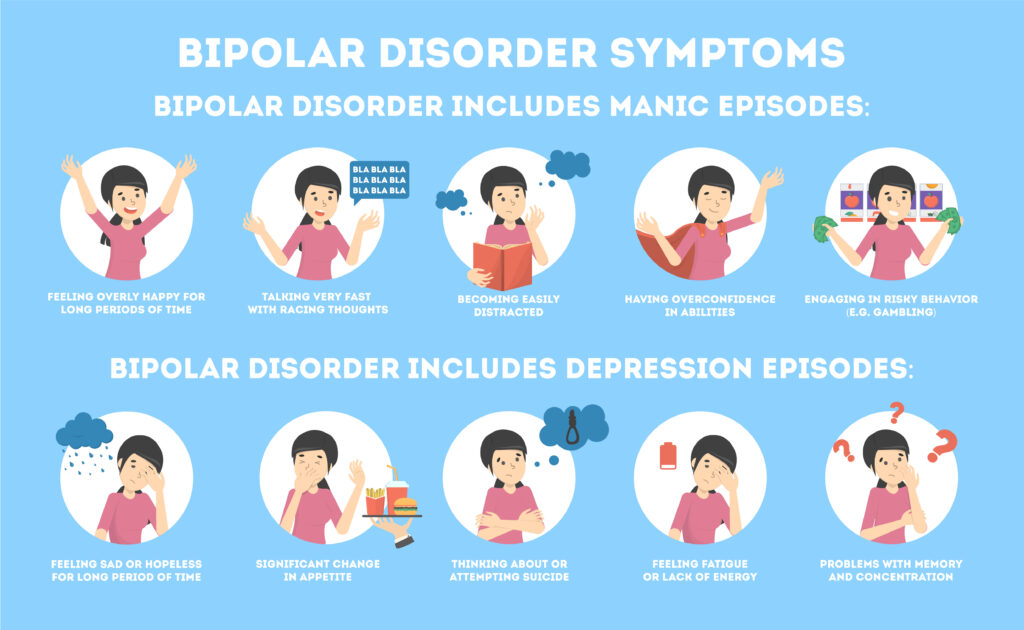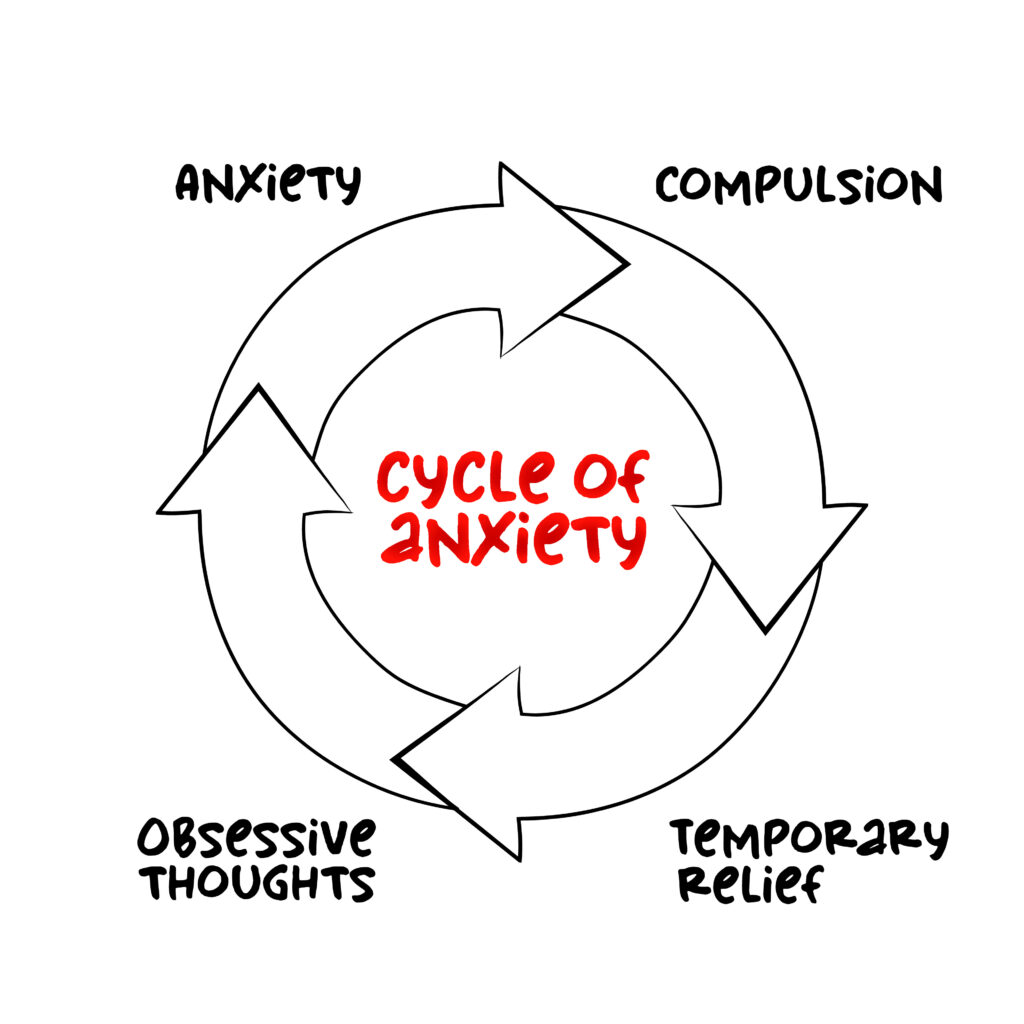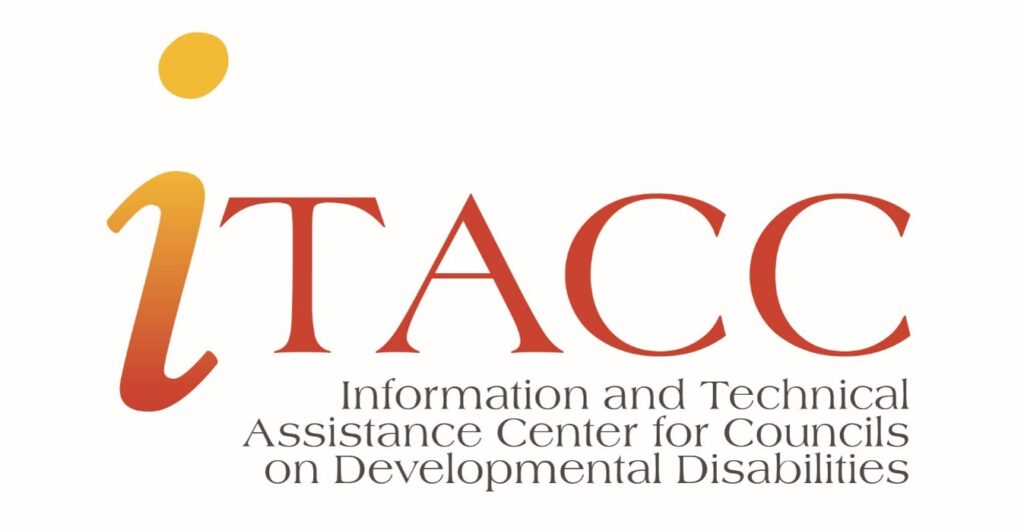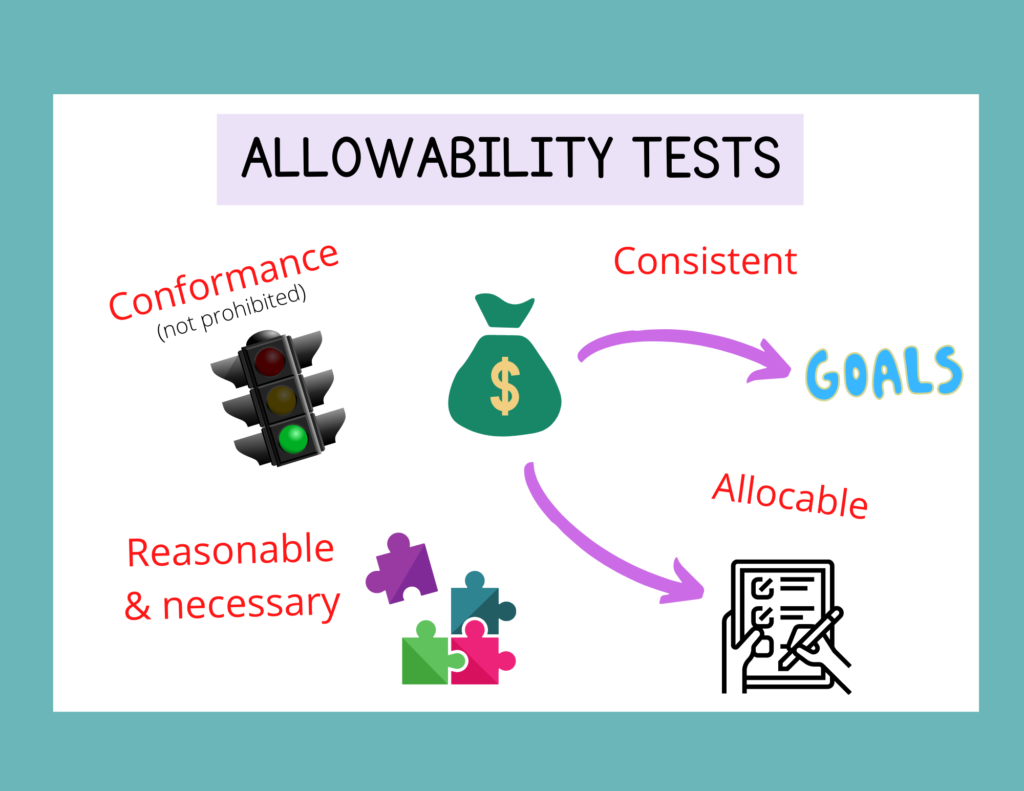Archives: Lessons
Welcome
DAIL is the interpreting authority for the statutes and regulations that govern the state Guardianship Program. Throughout this course, we will highlight and review important sections of the KRS and provide information pertinent to your role as a Guardian.
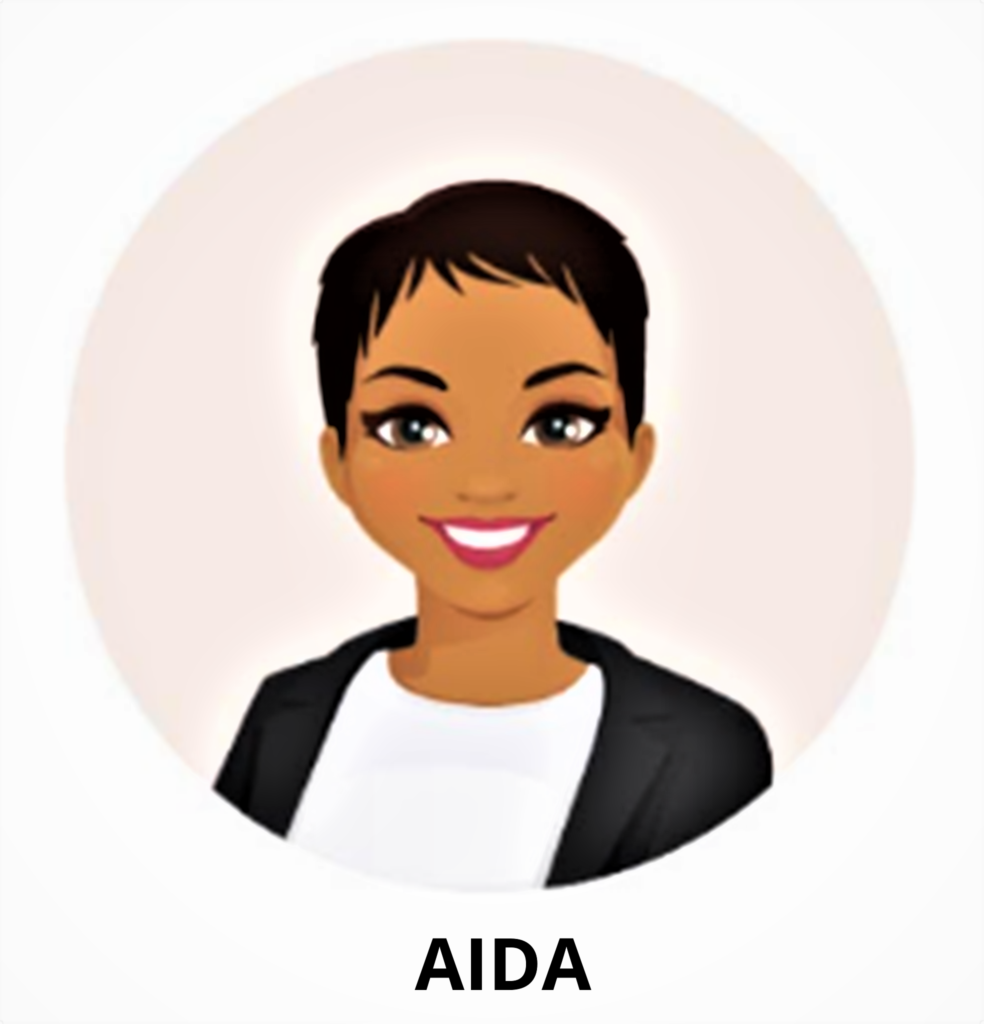
You join Aida to discuss these laws. She tells you “As a guardian, you must have a comprehensive understanding of the law. There are many laws to review because Guardianship is embedded in multiple regulations and statutes.”
Course Goals:
Learning objective 1: Provide the legislative purpose of the KY Guardianship Law
Learning Objective 2: Define commonly used terms in the law
Learning Objective 3: List guardian responsibilities
Learning Objective 4: Identify Kentucky Revised Statutes (KRS) and Kentucky Administrative Regulations (KAR) related to Guardianship
Learning Objective 5: Understand how to look up statutes and regulations online
Scenarios
Now that you’ve had a chance to engage with Ronnie to talk about what events are, Aida joins you to discuss a series of scenarios.

“Hello again. It’s Aida. With each scenario below, you will read a description of the call; write a sample case note, and compare your case note with my sample response.”
Within each scenario, you will:
- Read a description of the call
- Write a sample case note
- Compare your case note with a sample response Aida provides
- Apply what you have learned about creating an effective event note.
Click on the first scenario below to continue.
What is an Event?

An Event:
- Documents actions of GSSW taken on behalf of an individual in KYGFIS.
- Documents and reports on actions taken to meet the individual’s needs and desires.
- Documents events in the individual’s life.
- Is a legal document.
Example of Events to be Documented:
- All meetings and follow-up activities related to those meetings.
- Ongoing documentation on problematic or unresolved issues and follow-up.
- A plan to address identified needs but lack a resource to get the need met.
- Any life-altering events, including but not limited to changes in family or marital status, elopement, housing situation or arrangements, employment status, etc.
- All actions taken by the GSSW or others members of the team related to the individual’s services. Including but not limited to individual visits, phone calls, meetings with other service providers, etc.
- Medical/dental appointments, updates, and changes.
- Current individual Status: Physical appearance (appropriate clothes, good hygiene), mental status, health, safety, and wellbeing.
Course Purpose and Content

Ronnie tells you, “Effective documentation is an important part of Guardianship. Let’s talk about why it is so important.”
Effective documentation:
- Establishes accountability and evidence of services provided.
- Provides an accurate, timely, objective account of an individual’s situation, services, plan of care progress or the lack of, interventions, challenges, health, and other relevant information.
- Is valuable at the time of intervention and for years in the future.
What is the purpose of effective documentation?
- Helps to assure continuity of care.
- Helps the service team remember events.
- Serves to tell a story and helps identify patterns of behavior.
- Provides a record of information used by the GSSW and other service providers in team meetings and court hearings.
Poor documentation:
- Lacks clarity, specificity, and completeness.
- Is subjective and contains the writer’s opinion and feelings versus facts.
- Prevents a clear presentation of the individual under guardianship’s story.
- Has the potential to create risks and lead to unintended negative consequences which could compromise an individual under guardianship’s health, safety, & welfare.
KYGFIS:
- The Kentucky Guardianship Fiduciary Information System (KYGFIS or GFIS), is a database system where all relevant individuals under guardianship information and documentation (referred to as events) are entered or attached and stored.
- Next, we will discuss what information should be documented in KYGFIS and how.
Course Evaluation
DAIL-G 103: Guardianship the Law
Lesson
Lesson
Course Evaluation
DAIL-G 107: Common Diagnosis Explained
Resources
Stages of Alzheimer’s Disease
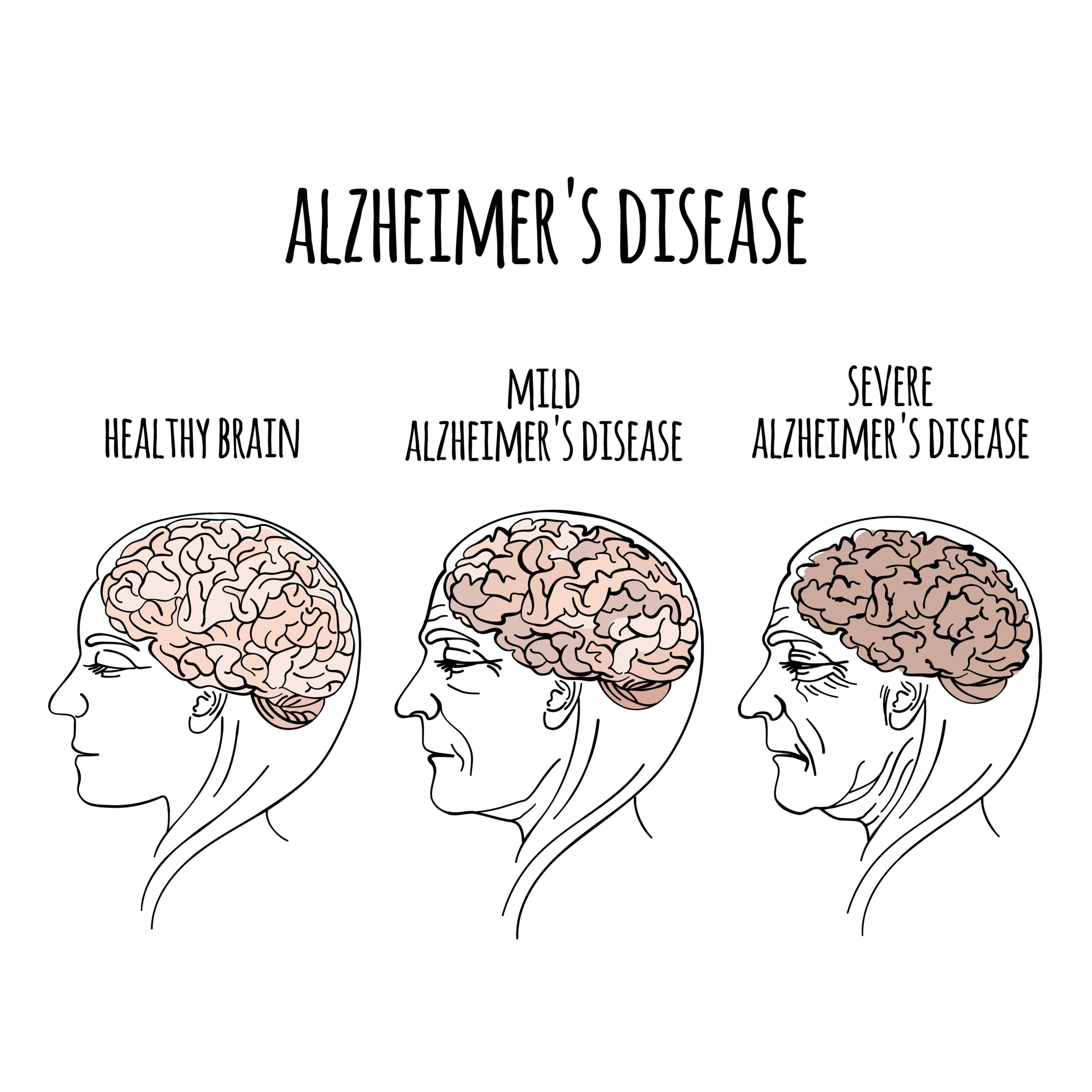
Early Stage:
- May still drive, work, and be social
- Memory lapses – forget familiar words or locations of everyday objects
- Difficulty finding the right word or name for someone or something
- Difficulty remembering names when introduced to new people
- Forgetting material that was just read
- Losing or misplacing objects
- Difficulty planning or organizing
Middle Stage:
- Usually the longest stage
- Dementia symptoms are more pronounced
- Experience greater difficulty with tasks such as paying bills
- May become easily frustrated
- May confuse words
- May act in unexpected ways
- May refuse to bathe
- Difficulty expressing thoughts
- Forget important events
- May be unable to recall where they are or what day it is
- May not dress appropriately for the weather
- May have difficulty controlling bladder or bowels
- May experience changes in sleep pattern such as daytime sleepiness and nighttime restlessness
- May wander away and become lost
- May become suspicious, have delusions, or have compulsive repetitive behaviors such as wringing their hands or tissue shredding
Late Stage:
- Lose the ability to respond to their environment
- Lose the ability to carry on conversation
- May be able to say words or phrases but usually cannot communicate feelings of pain or location
- Require around-the-clock assistance with daily activities and personal care
- Lose awareness of recent experiences
- Experience changes in their own abilities to walk, sit, and eventually to swallow
- Have increasing difficulty communicating
Journal of the American Geriatrics Society on Feeding Tubes in Advanced Dementia
Feeding tubes are not recommended for older adults with advanced dementia. Careful hand feeding should be offered; for persons with advanced dementia, hand feeding is at least as good as tube feeding for the outcomes of death, aspiration pneumonia, functional status, and comfort. Tube feeding is associated with agitation, greater use of physical and chemical restraints, greater healthcare use due to tube‐related complications, and development of new pressure ulcers.
The current scientific evidence suggests that the potential benefits of tube feeding do not outweigh substantial associated treatment burdens in persons with advanced dementia. Studies consistently demonstrate high mortality in older adults with advanced dementia, and survival is not better in those who are tube fed than in those who are not. In observational studies, tube feeding has not been shown to prevent aspiration, heal pressure ulcers, improve nutritional status, or decrease mortality in persons with advanced dementia. Tube feeding is also associated with substantial burden, including recurrent and new‐onset aspiration, tube‐associated and aspiration‐related infection, oral secretions that are difficult to manage, discomfort, tube malfunction, use of physical and chemical restraints, and pressure ulcers. The relationship between being tube fed and pressure ulcers in advanced dementia is particularly striking, with tube feeding not improving pressure ulcer healing and being associated with a greater likelihood of new pressure ulcer development. Moreover, studies have shown that nursing home residents with advanced dementia and a feeding tube frequently need to be transferred to the emergency department to address tube‐related complications such as blockage and dislodgement. Finally, greater levels of discomfort have not been observed in older adults with advanced dementia in whom, despite eating difficulties, a feeding tube was not placed. Taken together, the benefits and burdens of tube feeding do not support its use in older adults with advanced dementia.
Progressive Neurodegenerative Conditions
A Neurodegenerative Disease is a condition that affects neurons in the brain, causing symptoms such as memory loss, moodiness, anxiety, depression, and agitation. Treatment for each neurodegenerative disease varies, and incorrect treatment may not be helpful or could be detrimental. Consulting experts in the field with specialized training is necessary to ensure the correct diagnosis. Listed below is are common neurodegenerative conditions.
Source: https://kaizenbraincenter.com/about-neurodegenerative-disease/
Dementia
Dementia is a group of symptoms that affect a person’s memory and thought process.
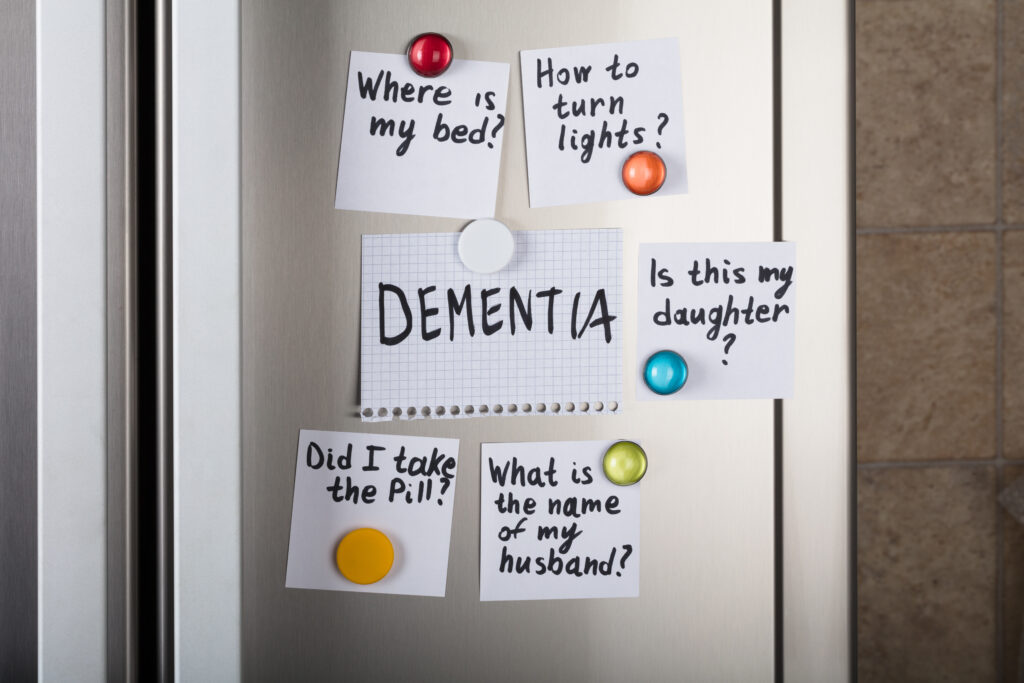
Dementia is more common in females, those with a family history, and those over age 60.
Dementia is often listed as a diagnosis, but it is actually a symptom of a diagnosis. For example, chest pain is a symptom. What causes the symptom is the diagnosis. Chest pain could be diagnosed as indigestion, or it could have a diagnosis of a heart attack; that’s what we need the doctors for.
Alzheimer’s Disease
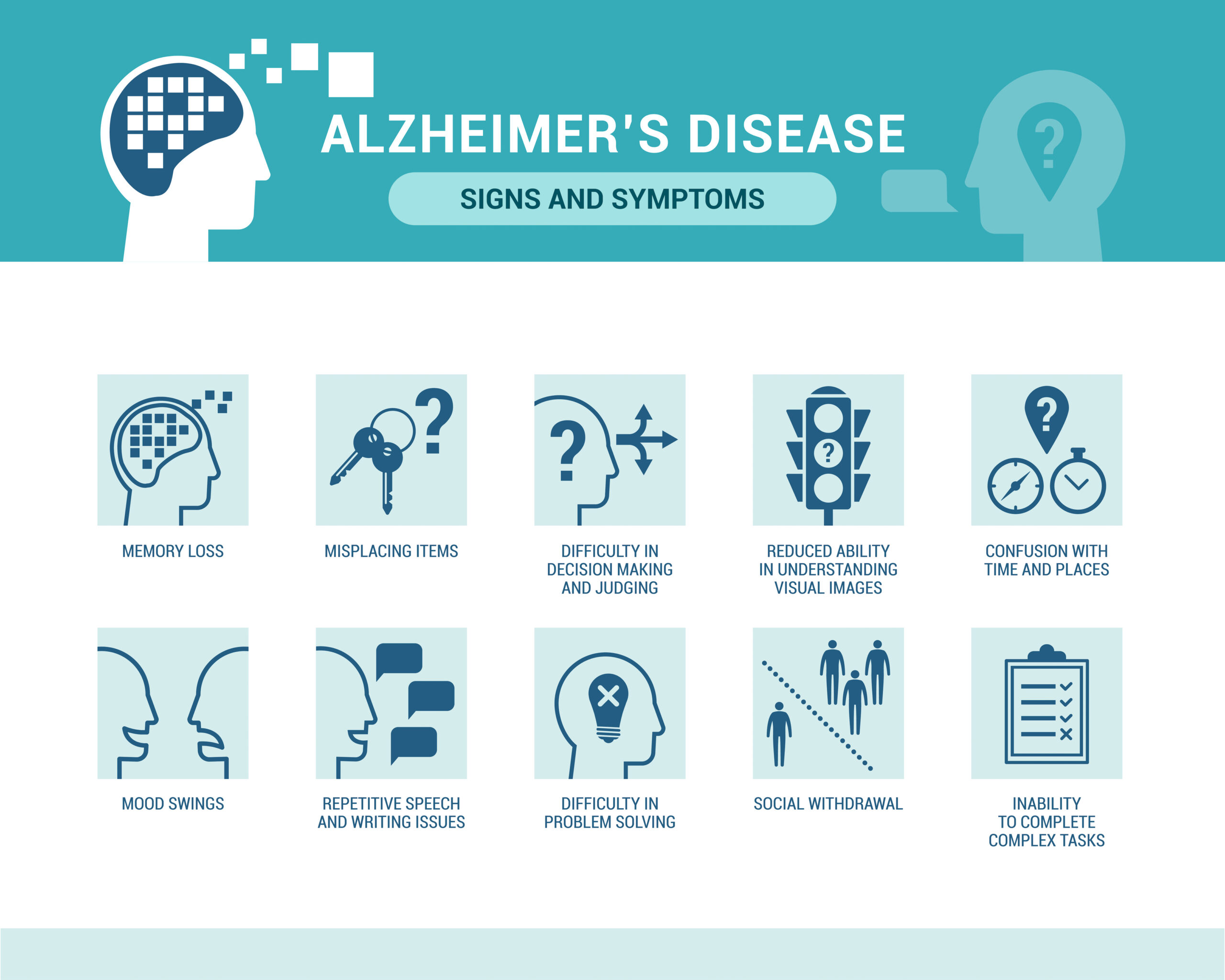
Alzheimer’s Disease is the most common form of dementia and:
- is not a normal part of aging,
- is a progressive disease that worsens over time,
- and it begins with memory loss but progresses to losing the ability to interact with their environment.
It’s caused by abnormal deposits of protein (plaques and tangles) within the brain leading to the destruction of brain cells.
Vascular Dementia
Vascular dementia is caused by inadequate blood flow killing cells and causing damage to the brain.
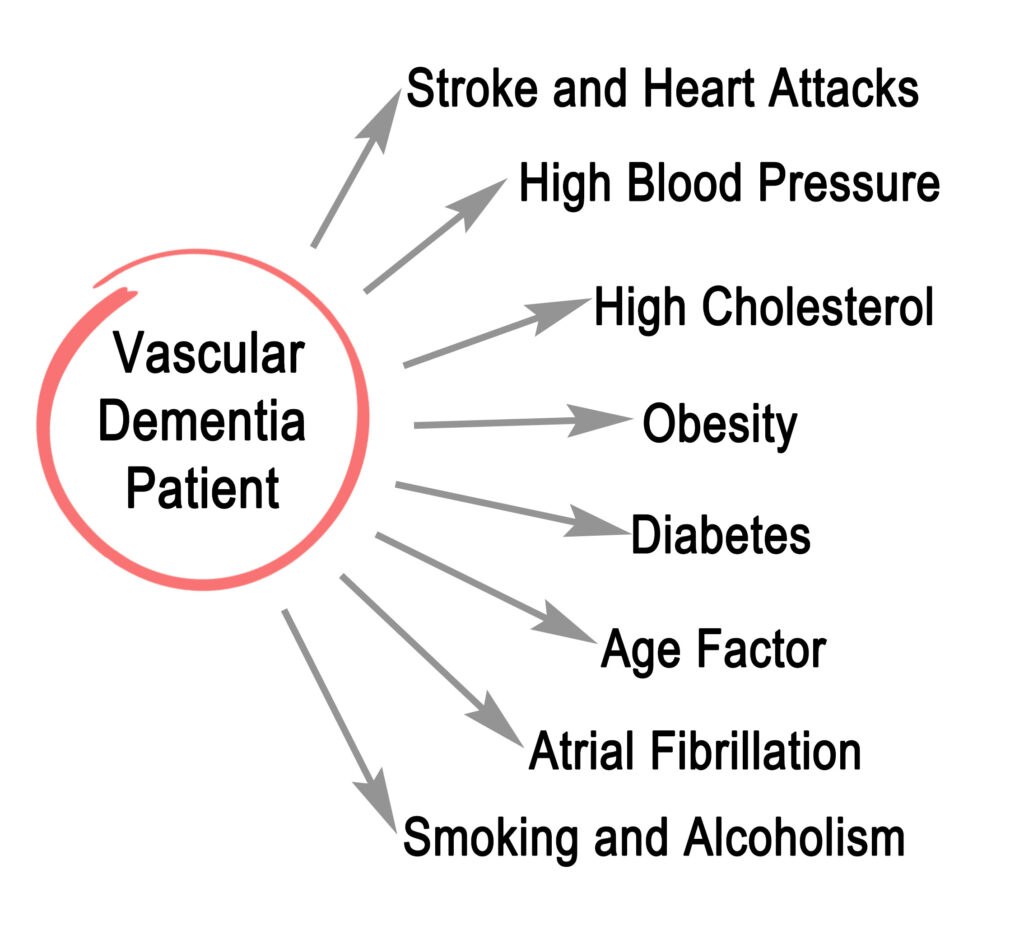
- It’s the 2nd most common cause of dementia and is often under-diagnosed.
- Symptoms vary depending upon the severity of the blood vessel damage and the part of the brain that it affects.
- Symptoms are most obvious after a stroke, mini-stroke, or Transient Ischemic Attack (TIA).
Lewy Body Dementia
Lewy body dementia is the 3rd most common cause of dementia.
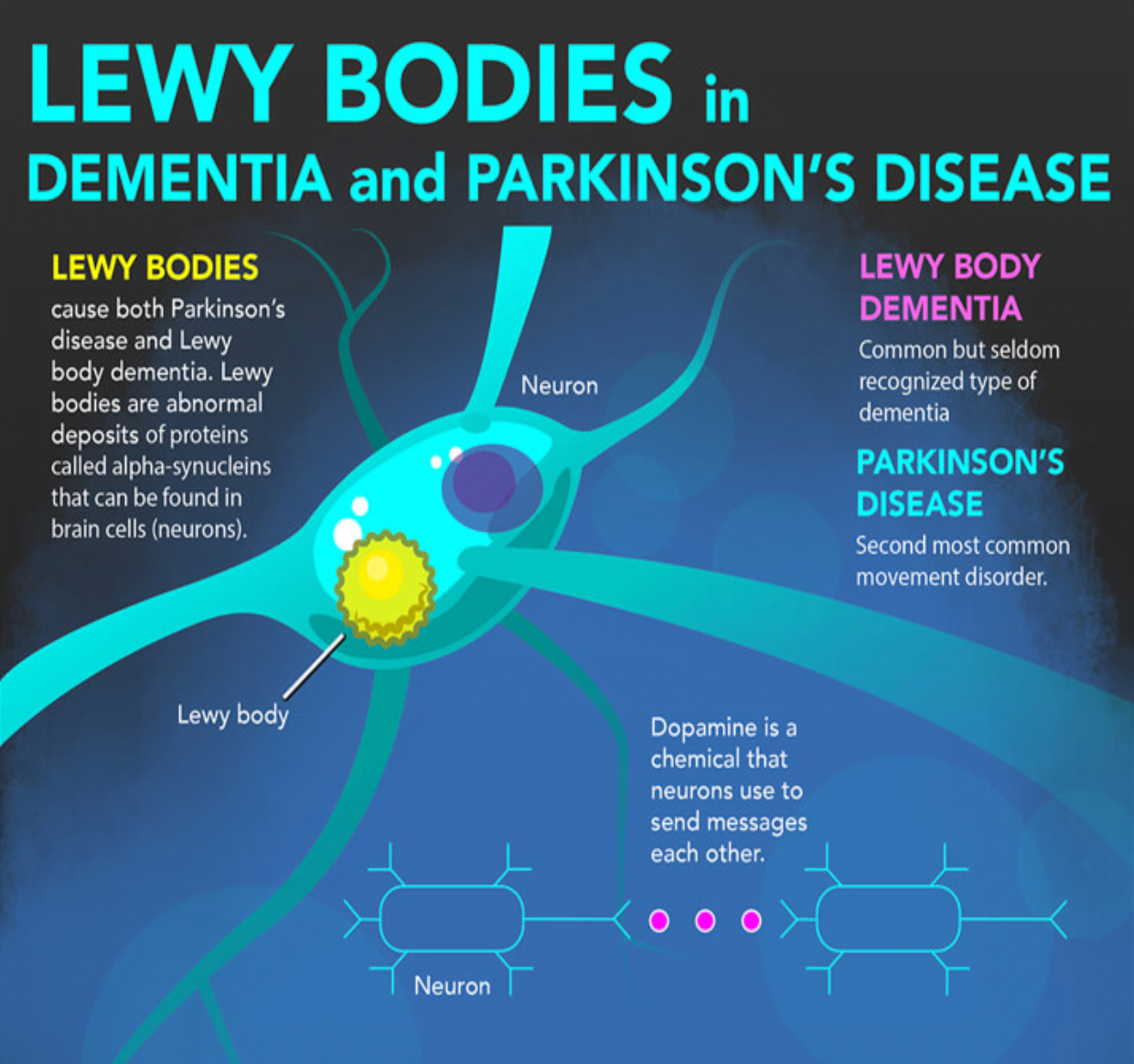
- It’s very similar to Parkinson’s disease.
- It’s caused by abnormal microscopic protein deposits within the brain.
- The degree of confusion may vary greatly throughout the day or even vary from one day to the next.
- Problems with movement occur early in the disease process as well as hallucinations, delusions, and misidentification of familiar people.
- Diagnosis is based upon symptoms and the time frames that they occur. The only way to definitively diagnose is postmortem autopsy after death.
Parkinson’s Disease Dementia
Parkinson’s disease is caused by abnormal microscopic protein deposits within the brain.
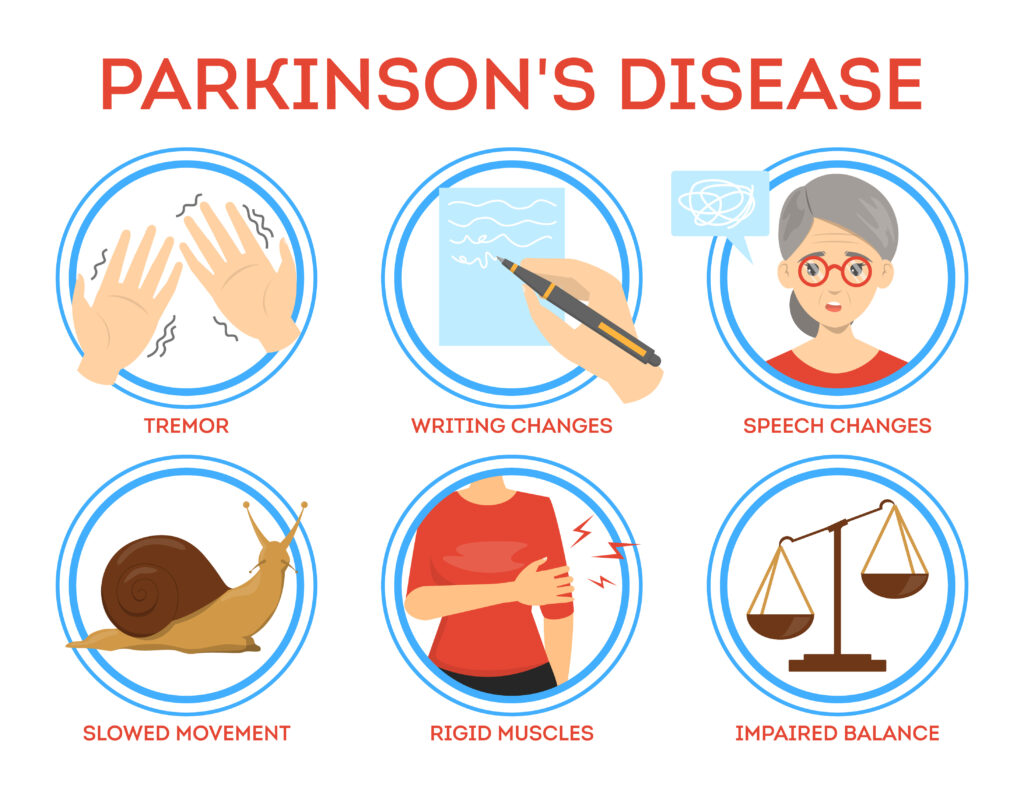
Symptoms include:
- tremors,
- shakiness,
- muscle stiffness,
- shuffling steps,
- stooped posture,
- excessive daytime sleepiness,
- difficulty initiating movement,
- and lack of facial expressions.
Late symptoms include decreased mental functions, memory problems, and inability to pay attention.
Mixed Dementia
Mixed dementia is a condition in which more than one type/cause of dementia occurs simultaneously.
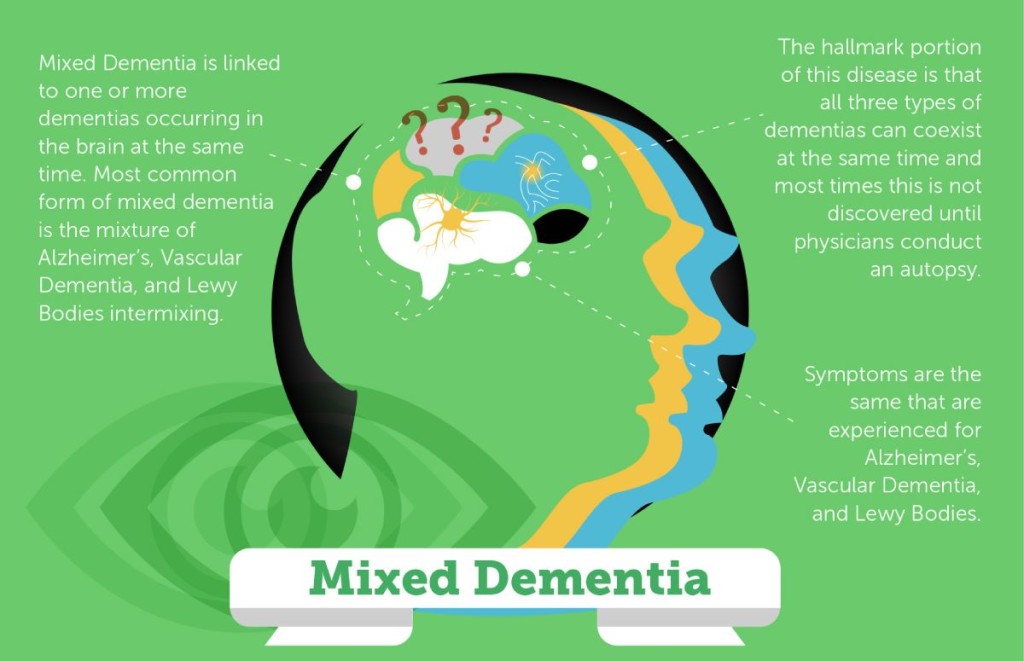
It’s also called Multifactorial Dementia.
Frontotemporal Dementia
Frontotemporal dementia causes nerve cell loss within the brain’s frontal lobes (behind the forehead) or temporal lobes (behind the ears).

- It leads to deterioration in behavior, personality changes, and/or difficulty producing or comprehending language.
- There are many variants of the disease.
- It may occur as early as 20 years old but most commonly between the ages of40-60.
- Initial changes are usually in behavior and language. Hallucinations and delusions are rare and memory loss is a very late symptom.
Huntington’s Disease
Huntington’s disease is a progressive brain disorder caused by a defective inherited gene.
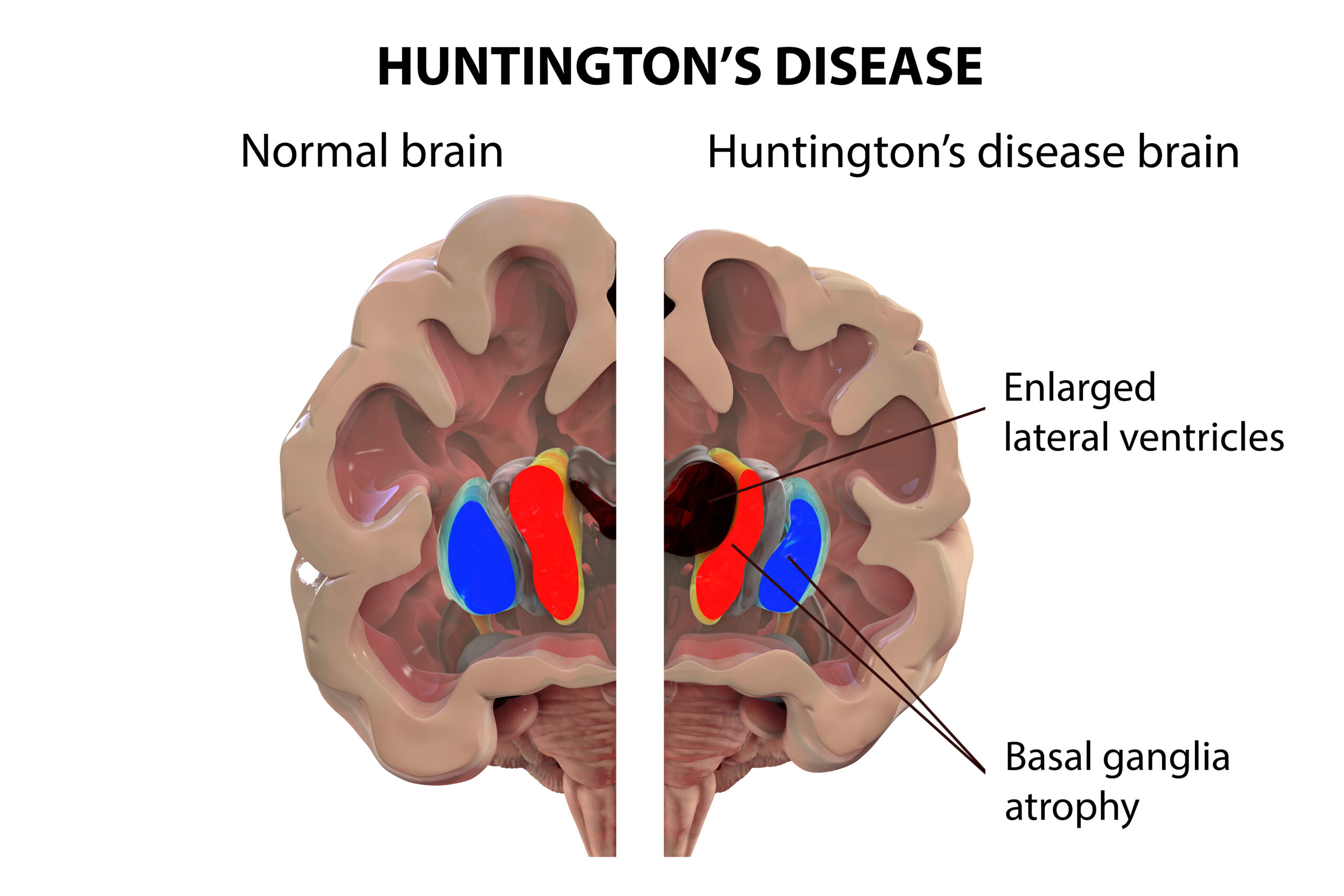
Anyone who inherits the defective gene will develop Huntington’s disease.
Changes within the brain lead to abnormal involuntary movements of the arms, legs, head, face, and upper body, a severe decline in thinking and reasoning, irritability, depression, and other mood changes.
It usually presents at 30-50 years of age but may occur as early as 2 or late as 80.
Creutzfeldt-Jakob Disease
Cruetzfeldt-Jakob disease progresses unusually fast.

It’s caused by abnormally shaped proteins that destroy brain cells.
Symptoms include:
- rapid decline in thinking,
- reasoning,
- involuntary muscle movements,
- confusion,
- difficulty walking,
- and mood changes.
Most cases occur spontaneously for unknown reasons, but it may be inherited and develop as early as 20 years of age.
It may be caused by external sources of abnormal prion protein such as a medical procedure or contaminated meat.
Normal Pressure Hydrocephalus
Normal Pressure Hydrocephalus is a brain disorder caused by excess cerebrospinal fluid accumulating within the brain’s ventricles. This leads to thinking and reasoning problems, difficulty walking, and loss of bladder control.
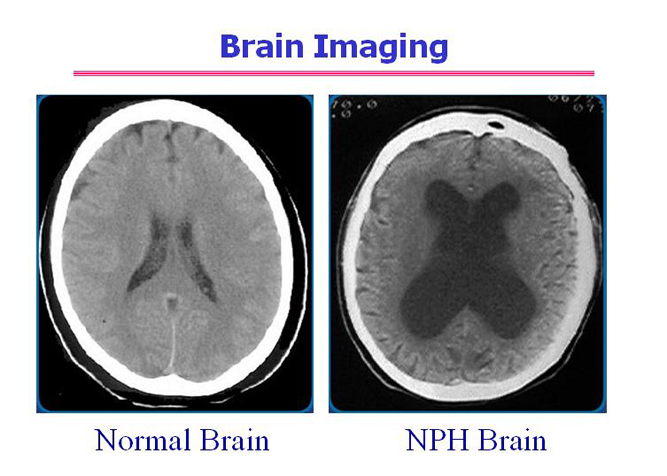
- Difficulty walking may improve by inserting a shunt to drain excess CSF from the brain into the abdomen.
- It’s often related to a brain tumor, head injury, hemorrhage, infection, or inflammation. It may also occur due to unknown reasons.
- It’s often misdiagnosed as Alzheimer’s.
Korsakoff Syndrome
- Korsakoff syndrome is a chronic memory disorder caused by severe deficiency of thiamine (vitamin B-1), often in conjunction with alcohol misuse, AIDs, metastatic cancer, chronic infection, poor nutrition, or malabsorption when the body does not absorb nutrients properly.
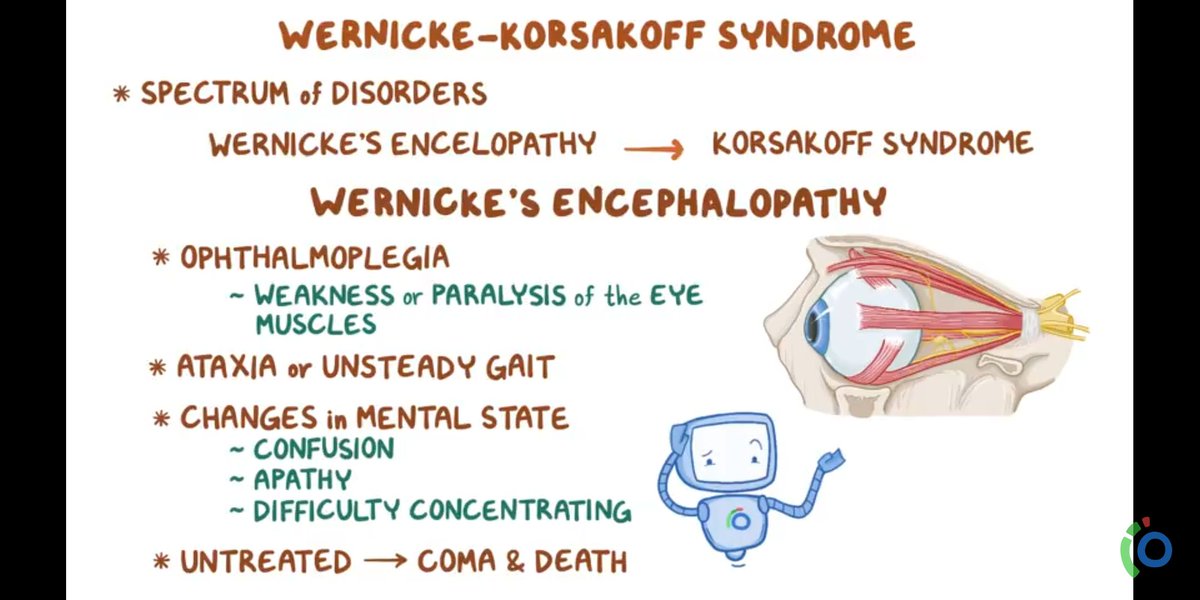
- It’s often preceded by Wernicke’s encephalopathy which is a neurological disease characterized by confusion, stumbling, lack of coordination, and abnormal involuntary eye movements.
- Memory is usually most affected while social and thinking skills remain intact.
Posterior Cortical Atrophy
Posterior cortical atrophy is a gradual and progressive degeneration of the cortex (outer layer) at the back of the brain.
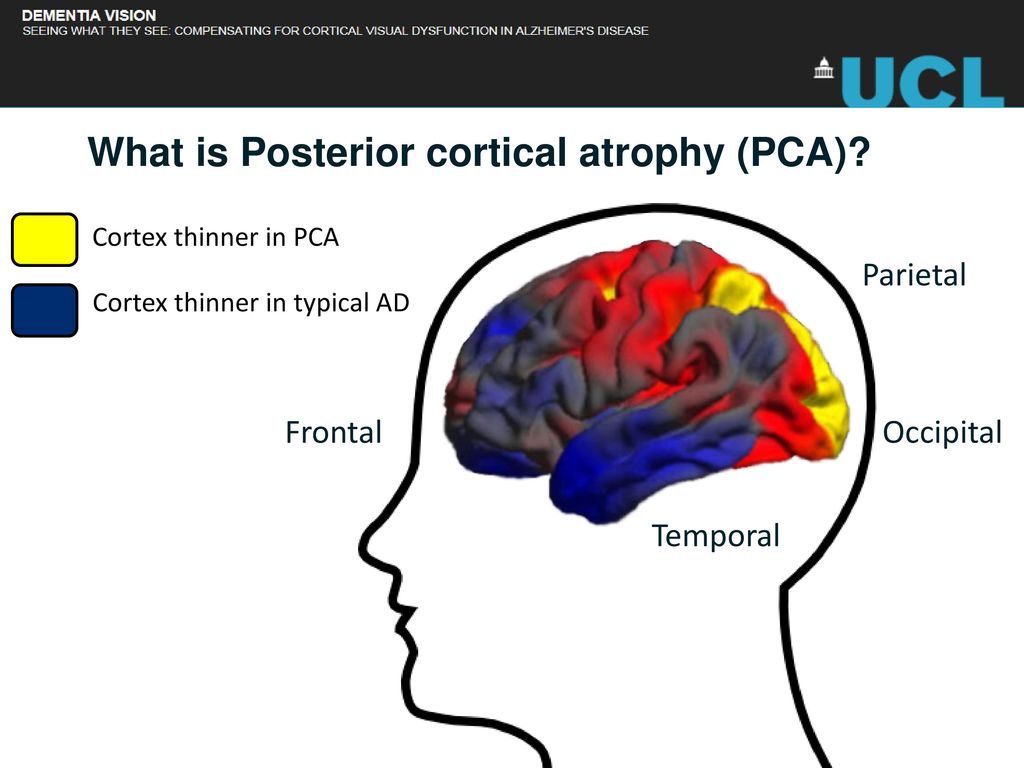
- It commonly occurs between 50-65 years of age.
- Symptoms and progression vary widely.
- Damage mostly affects visual tasks such as judging distance, maneuvering around objects, and using tools.
- Some may experience difficulty performing calculations or spelling, and many may experience anxiety. Memory can be affected in later stages.
- It’s often considered a form of Alzheimer’s.
Common Mental Health Conditions
Mental health conditions may be intermittent, or long lasting. Each person, and each condition, is very different. Let’s review some of the most common mental health conditions.
Attention Deficit Hyperactivity Disorder (ADHD)
Attention Deficit Hyperactivity Disorder (ADHD) is a developmental disorder where there are significant problems with attention, hyperactivity or acting impulsively.
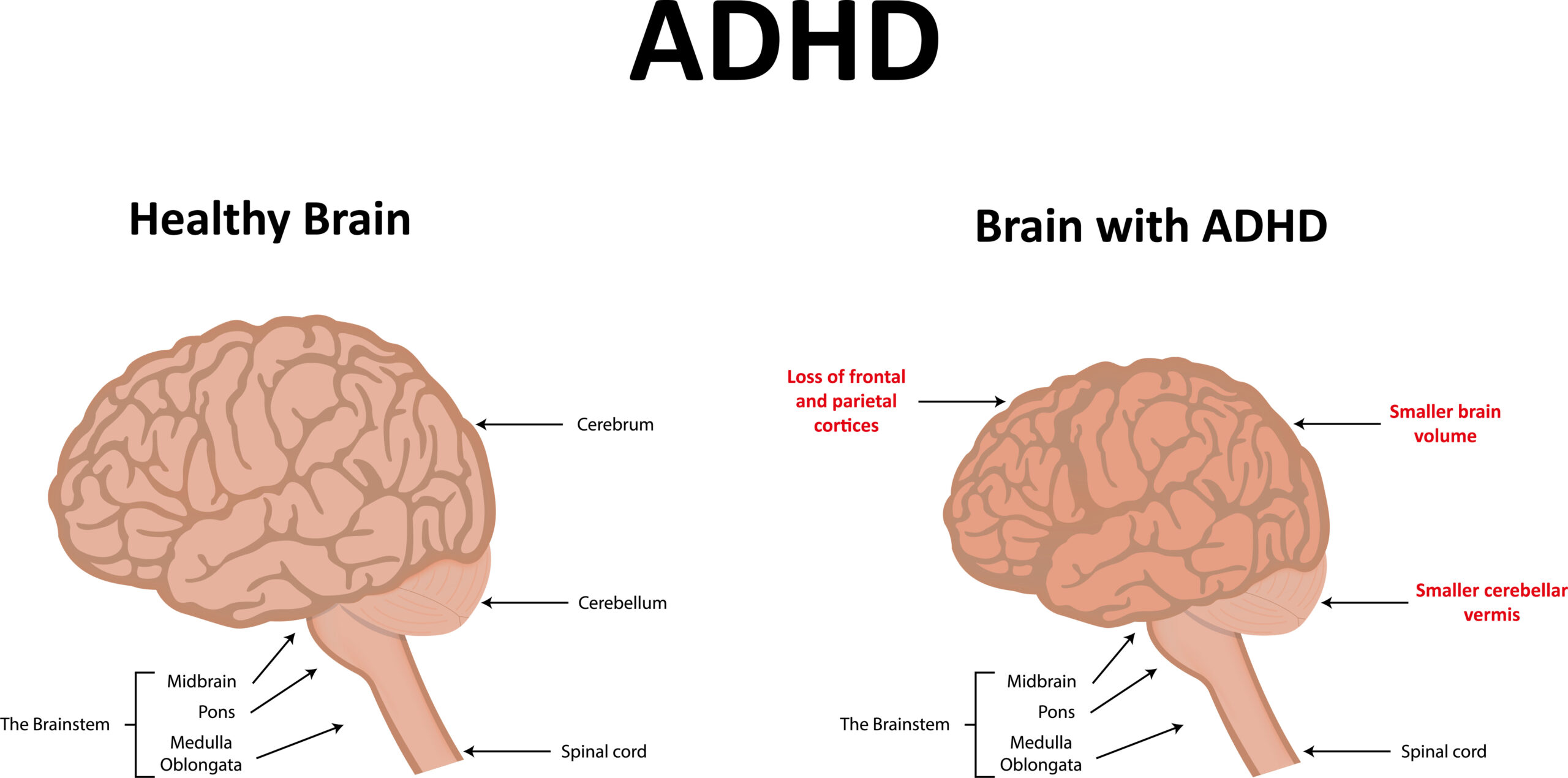
Anxiety Disorder
Everyone experiences anxiety sometimes, but when it becomes overwhelming and repeatedly impacts a person’s life, it may be an anxiety disorder.
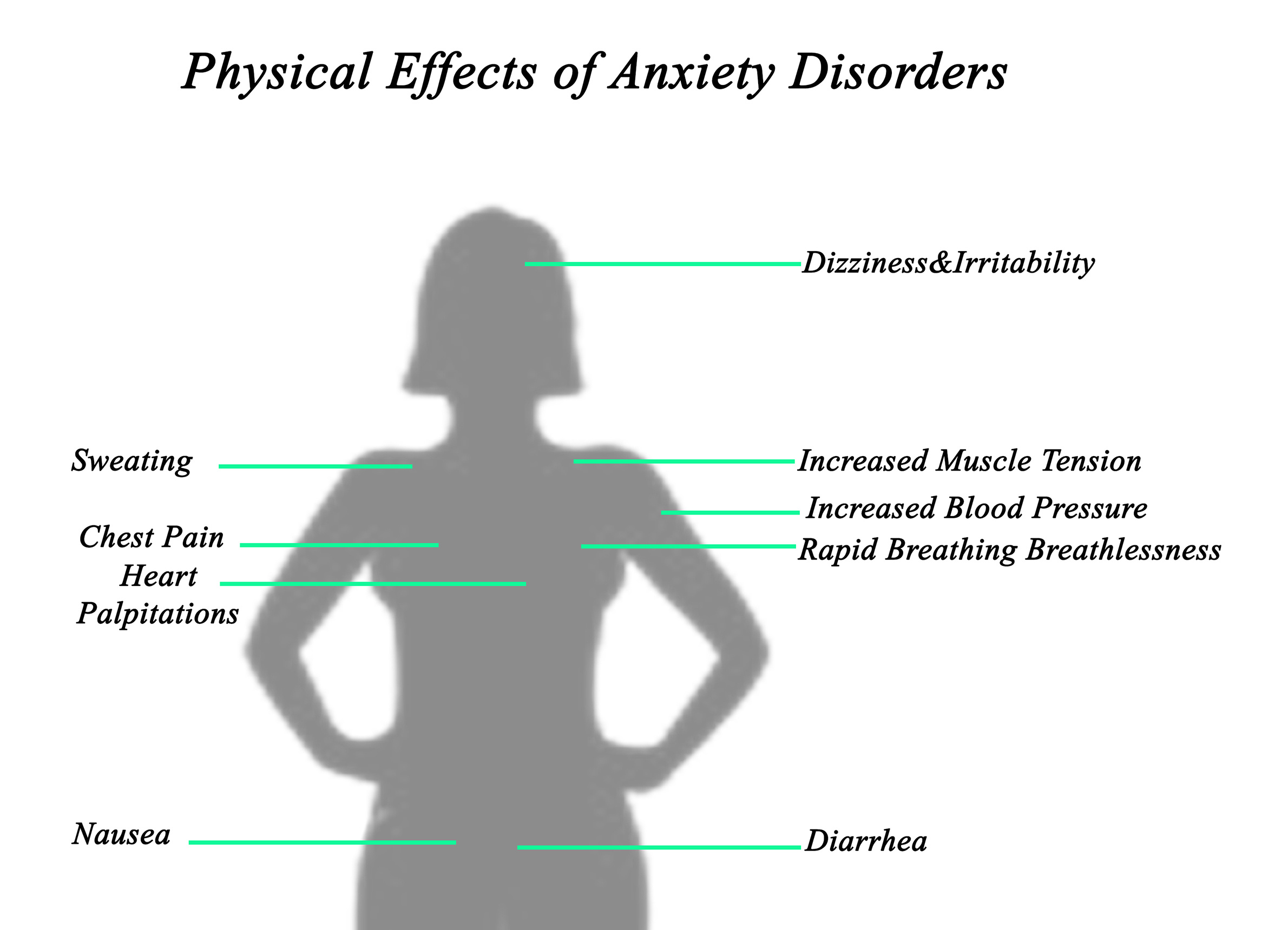
Borderline Personality Disorder (BPD)
Borderline Personality Disorder (BPD) is characterized by severe, unstable mood swings, impulsivity and instability, poor self-image, and stormy relationships.
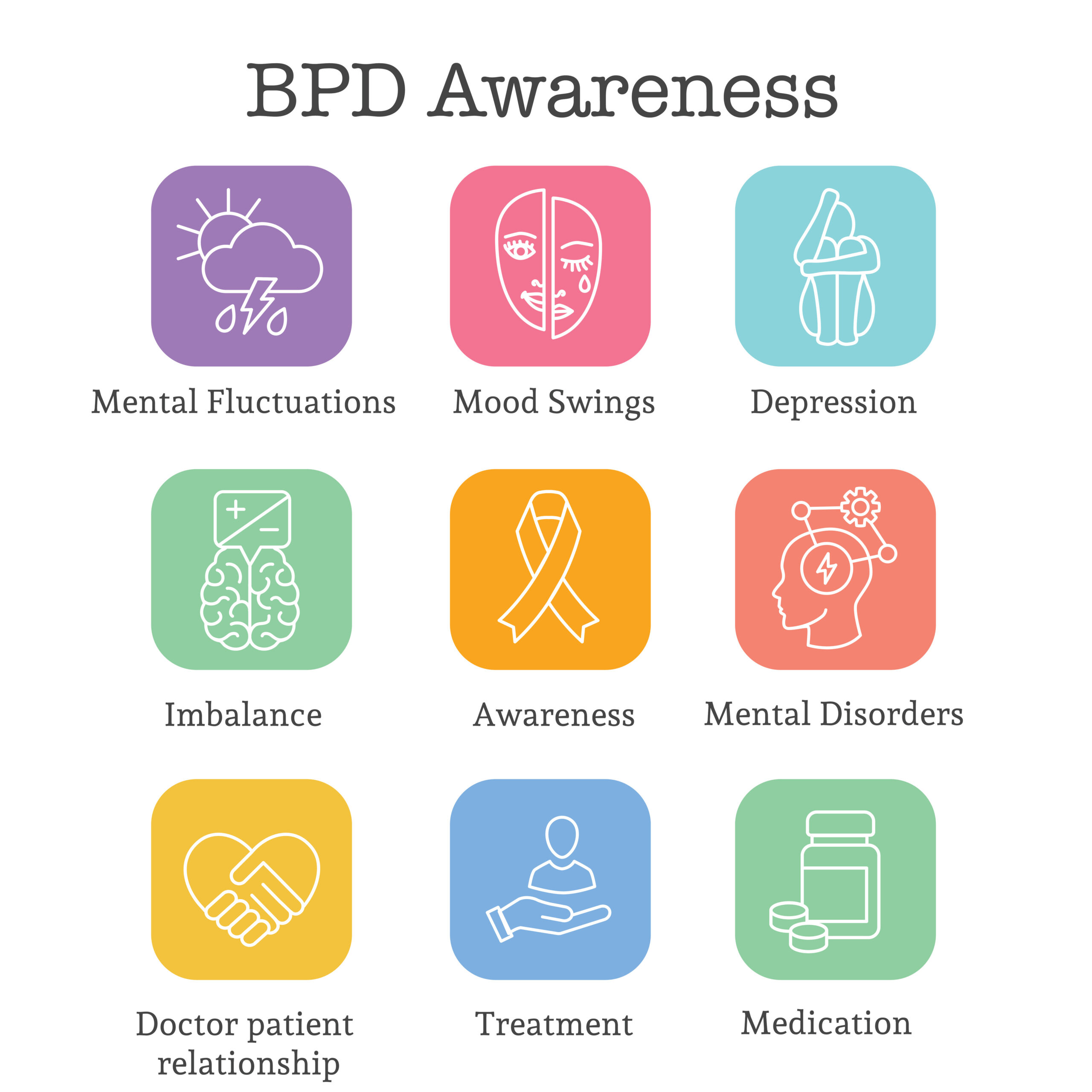
Depression
Depression is more than just feeling sad or going through a rough patch; it’s a serious mental health condition that requires understanding and treatment.
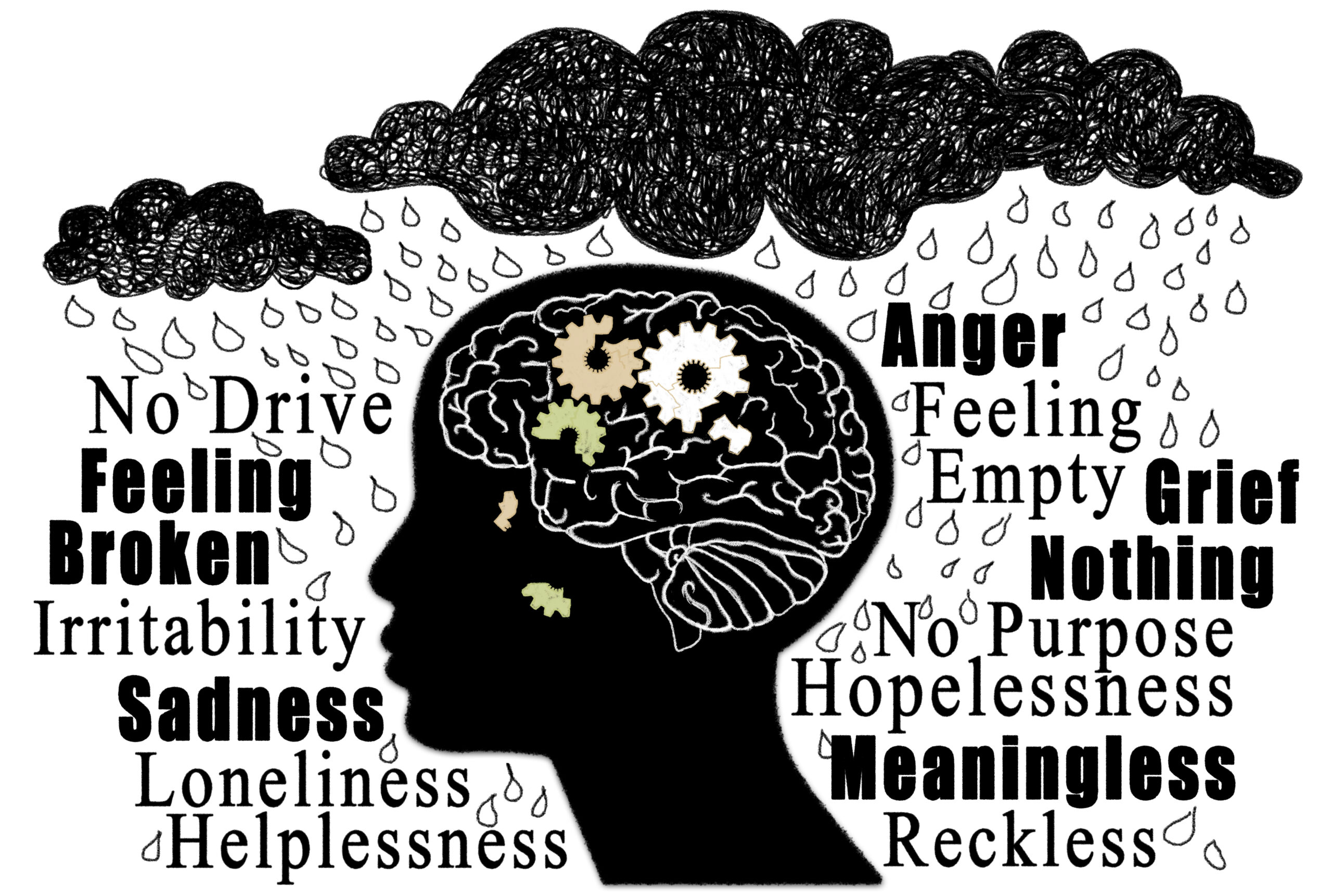
Dissociative Disorders
Dissociative disorders are a spectrum of disorders that affect a person’s memory and self-perception.
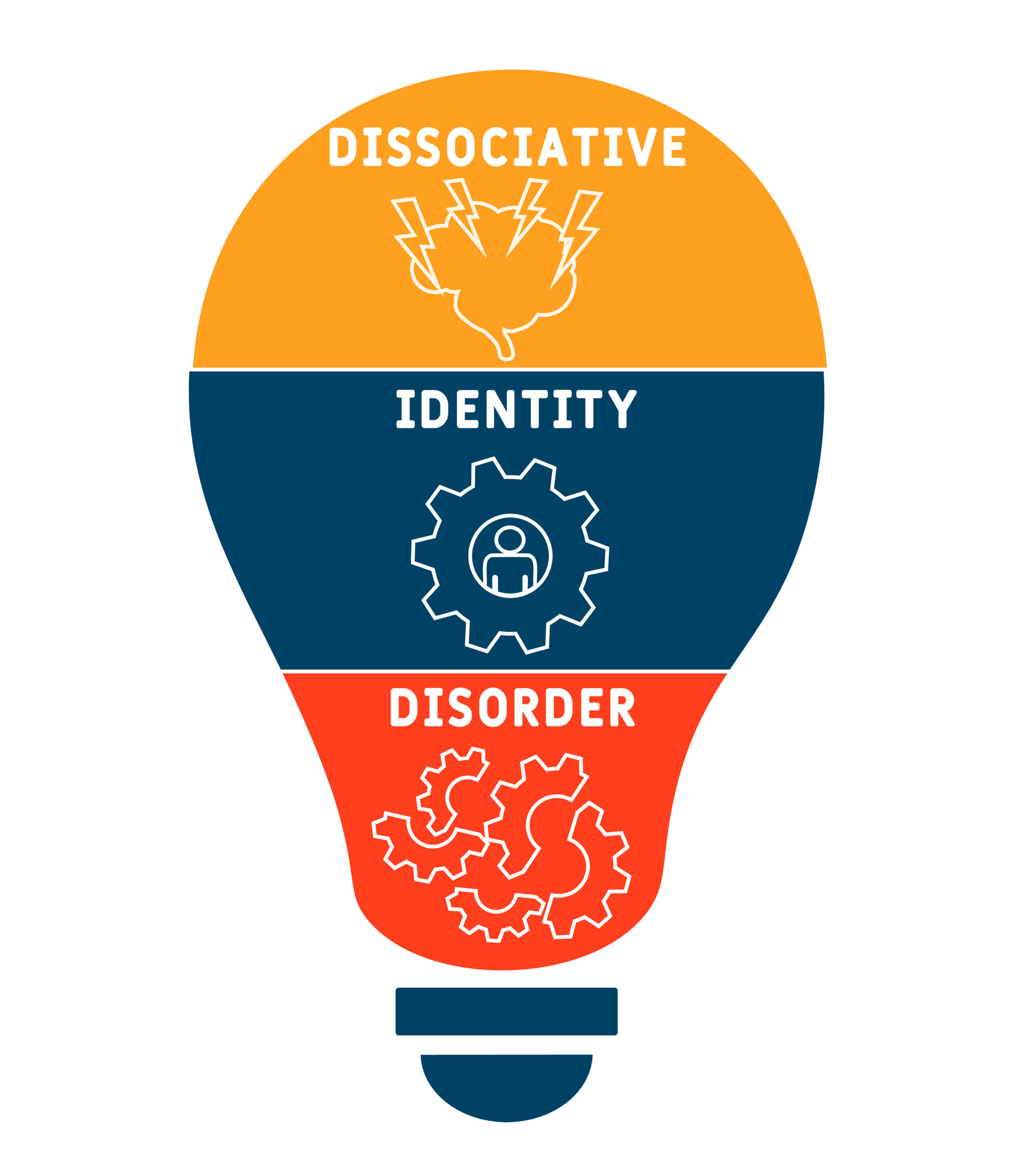
Early Psychosis and Psychosis
Psychosis is characterized as disruptions to a person’s thoughts and perceptions that make it difficult for them to recognize what is real and what isn’t.
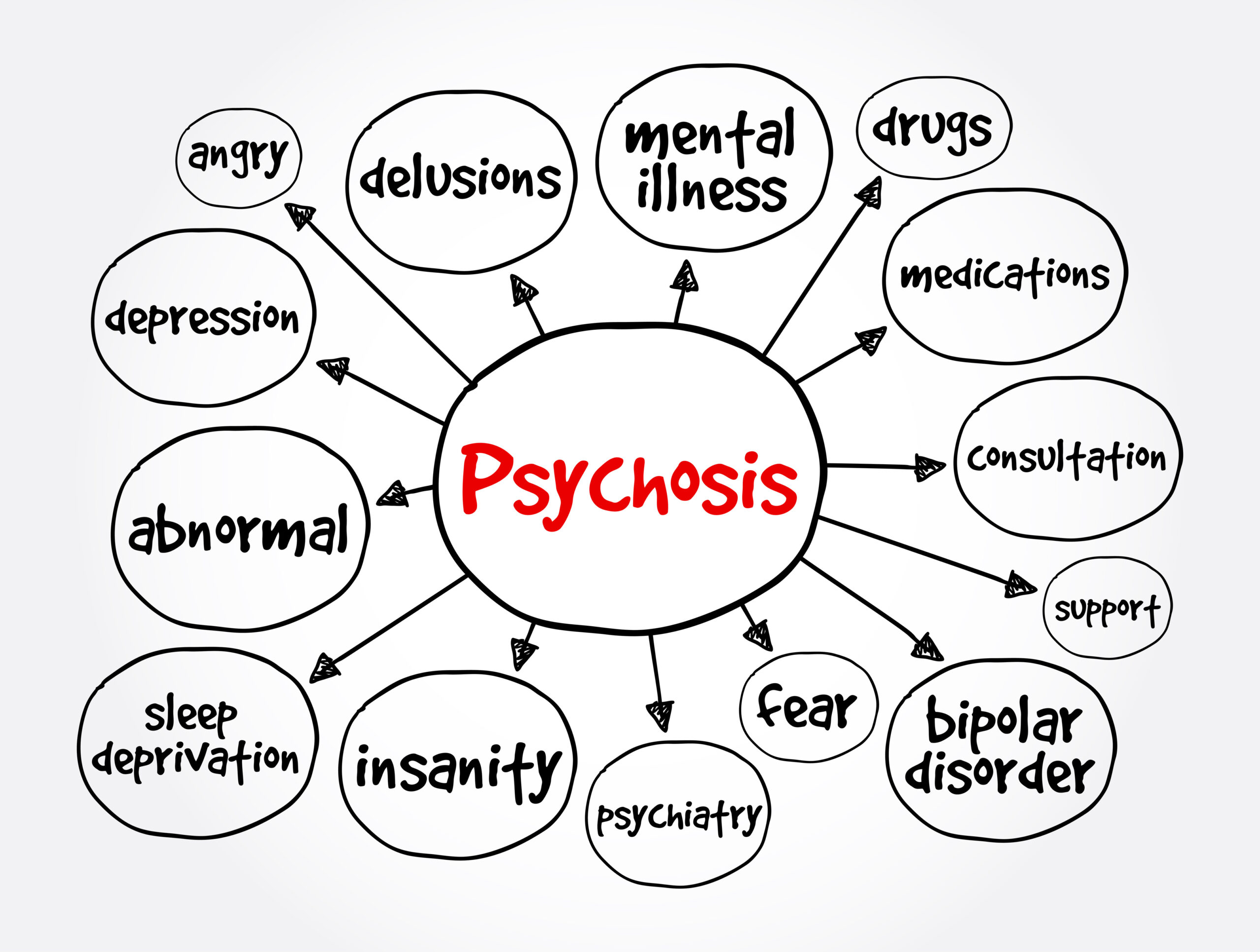
Eating Disorders
When you become so preoccupied with food and weight issues that you find it hard to focus on other aspects of your life, it may be a sign of an eating disorder.
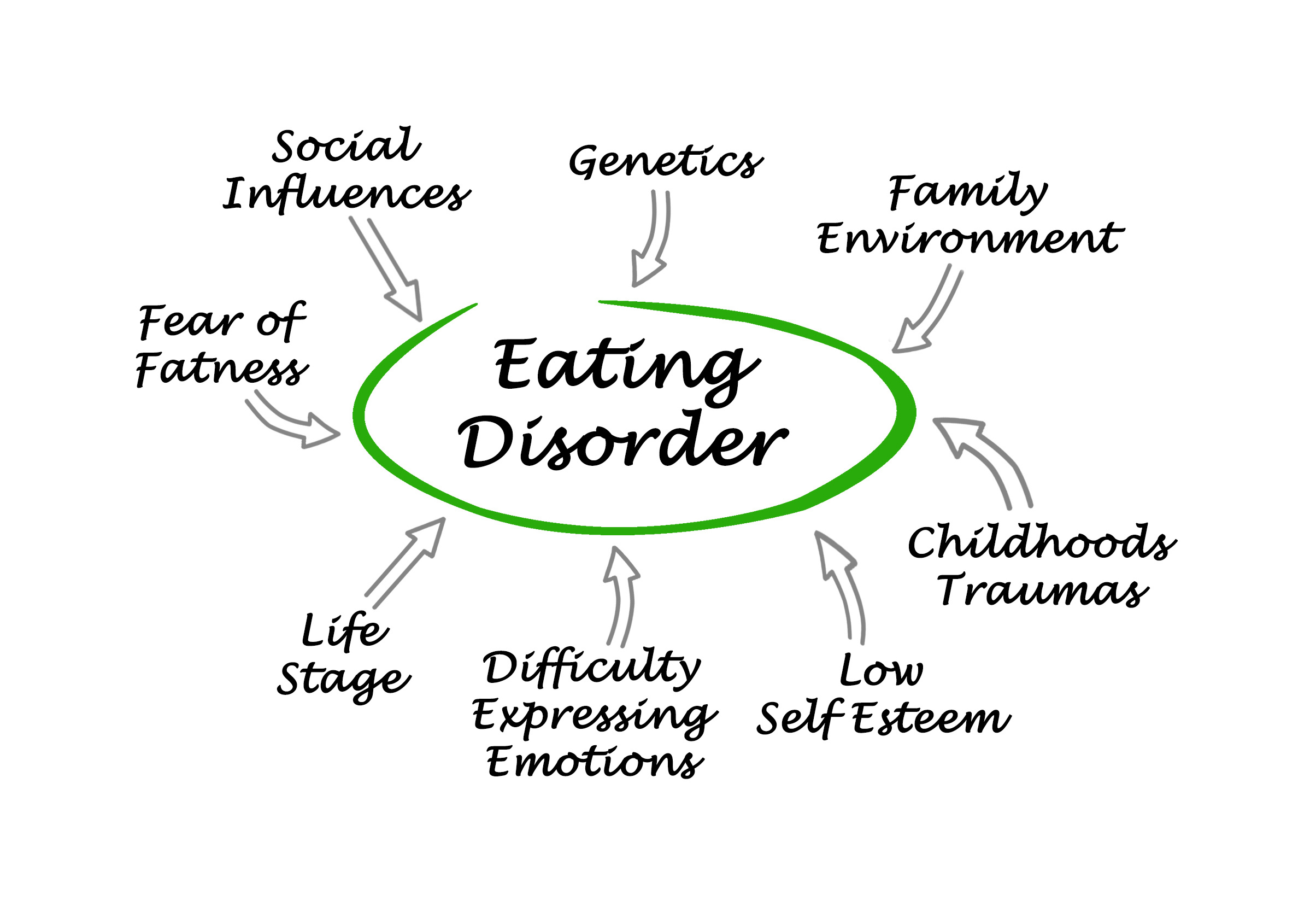
Posttraumatic Stress Disorder (PTSD)
PTSD is the result of traumatic events, such as military combat, assault, an accident, or a natural disaster.
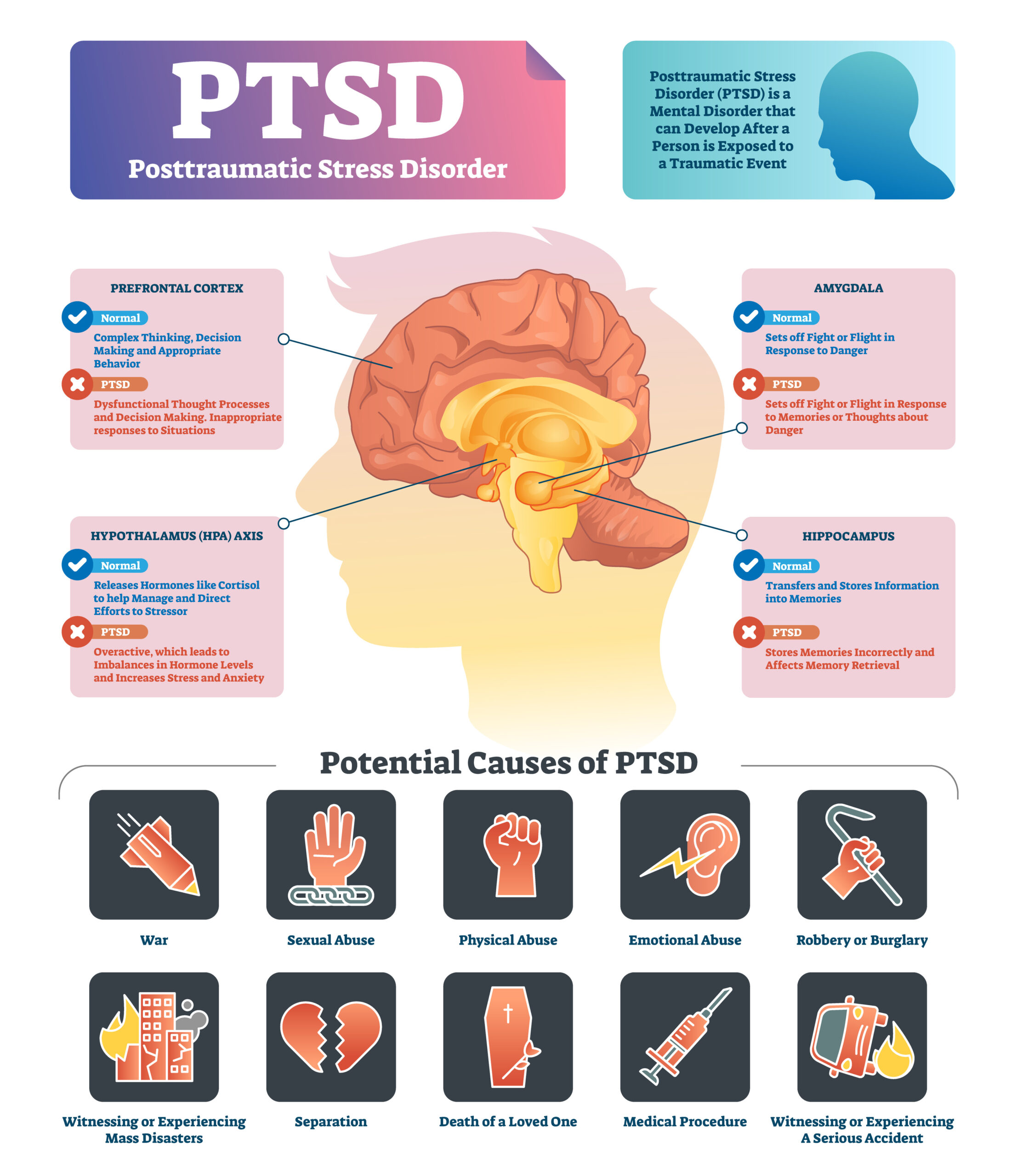
Schizophrenia and Schizoaffective Disorder
Schizophrenia – Schizophrenia causes people to lose touch with reality, often in the form of hallucinations, delusions, and extremely disordered thinking and behavior.
Schizoaffective Disorder – Schizoaffective Disorder is characterized primarily by symptoms of schizophrenia, such as hallucinations or delusions and symptoms of a mood disorder, such as depressive or manic episodes.
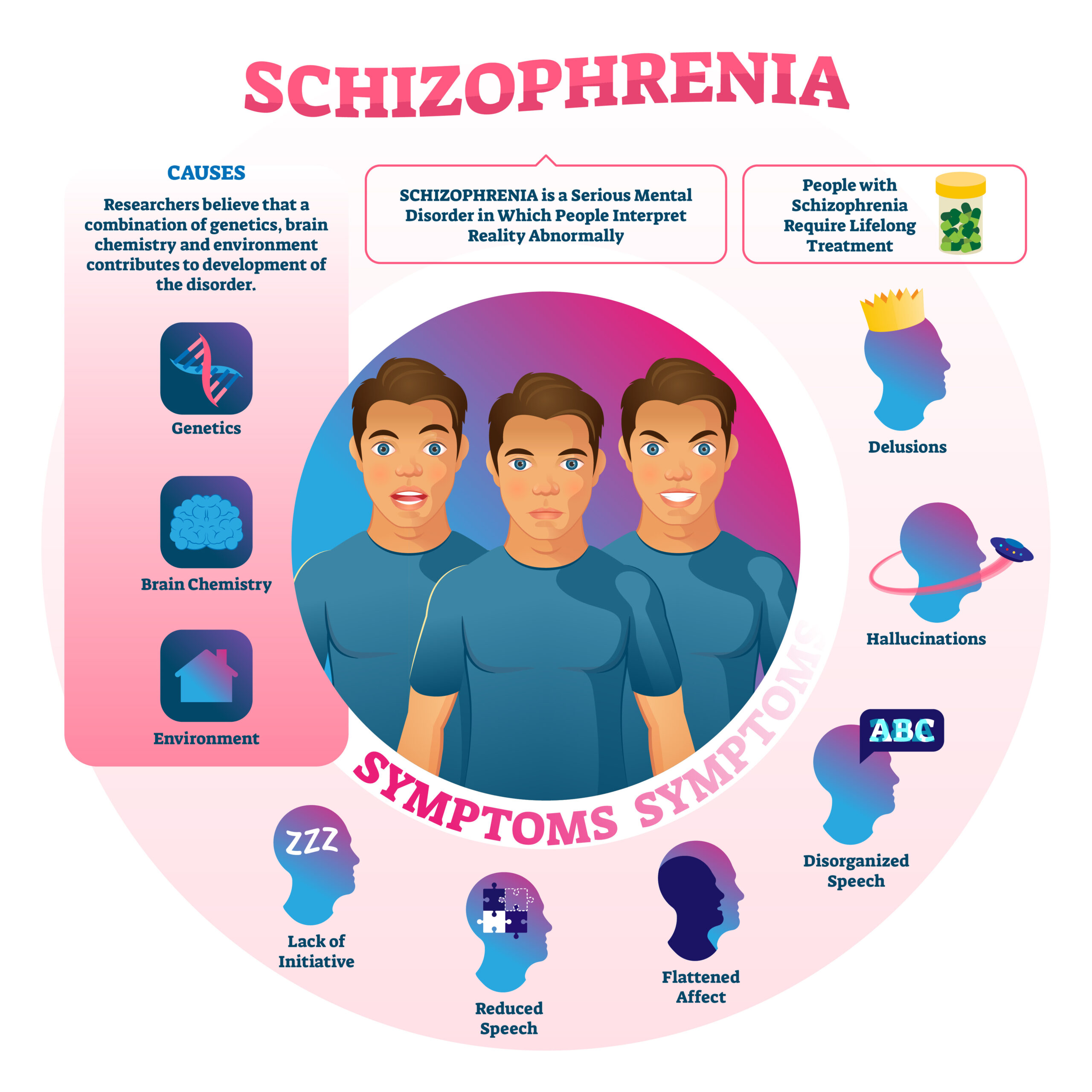
Common Medical Diagnosis

“When caring for individuals under guardianship, understanding their medical conditions is very important.”
Chronic Obstructive Pulmonary Disease (COPD)
Chronic Obstructive Pulmonary Disease (COPD) is a chronic inflammatory lung disease that causes obstructed airflow from the lungs.
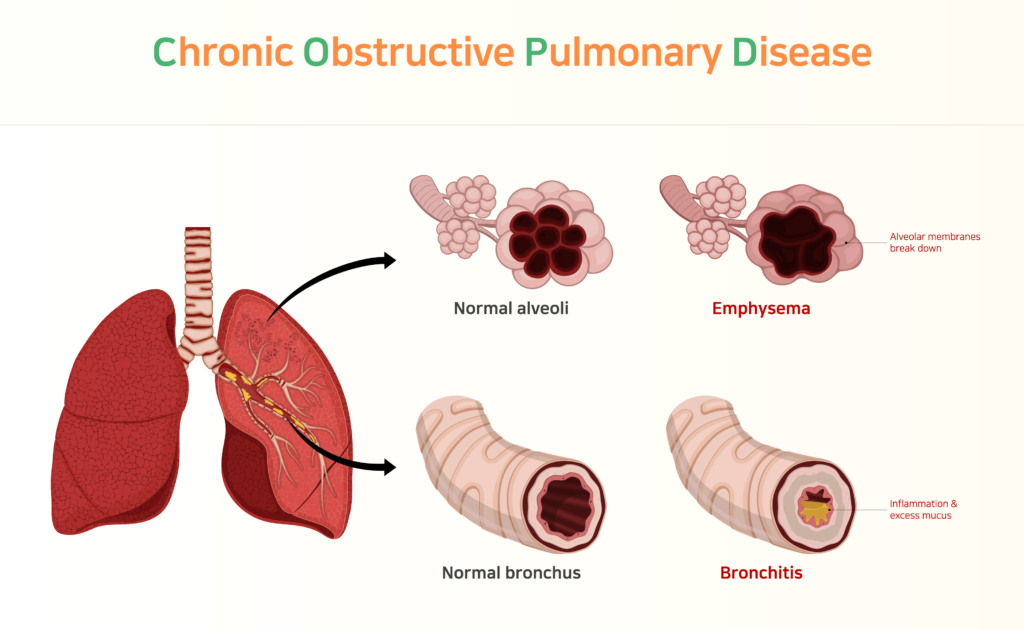
Emphysema and chronic bronchitis are the two most common forms of COPD.
Emphysema is when the lungs lose their elasticity leading to the collapse of the small airways when exhaling, impairing airflow out of the lungs.
Chronic bronchitis is when the airway becomes inflamed and narrowed; excessive mucus is produced, blocking the airways.
Symptoms of COPD include:
- shortness of breath (worsened with activity),
- wheezing,
- chest tightness,
- chronic cough with mucus,
- cyanosis (blue lips or fingernails),
- frequent respiratory infections,
- decreased energy,
- unintended weight loss, and
- swelling of the lower extremities.
COPD is usually caused by cigarette smoke, exposure to fumes, or pollutants.
COPD increases the risk for heart disease, heart attacks, lung cancer, increased blood pressure, and depression.
Congestive Heart Failure (CHF)
The heart muscles can no longer effectively pump blood due to stiff, damaged, weak, or stretched ventricles.
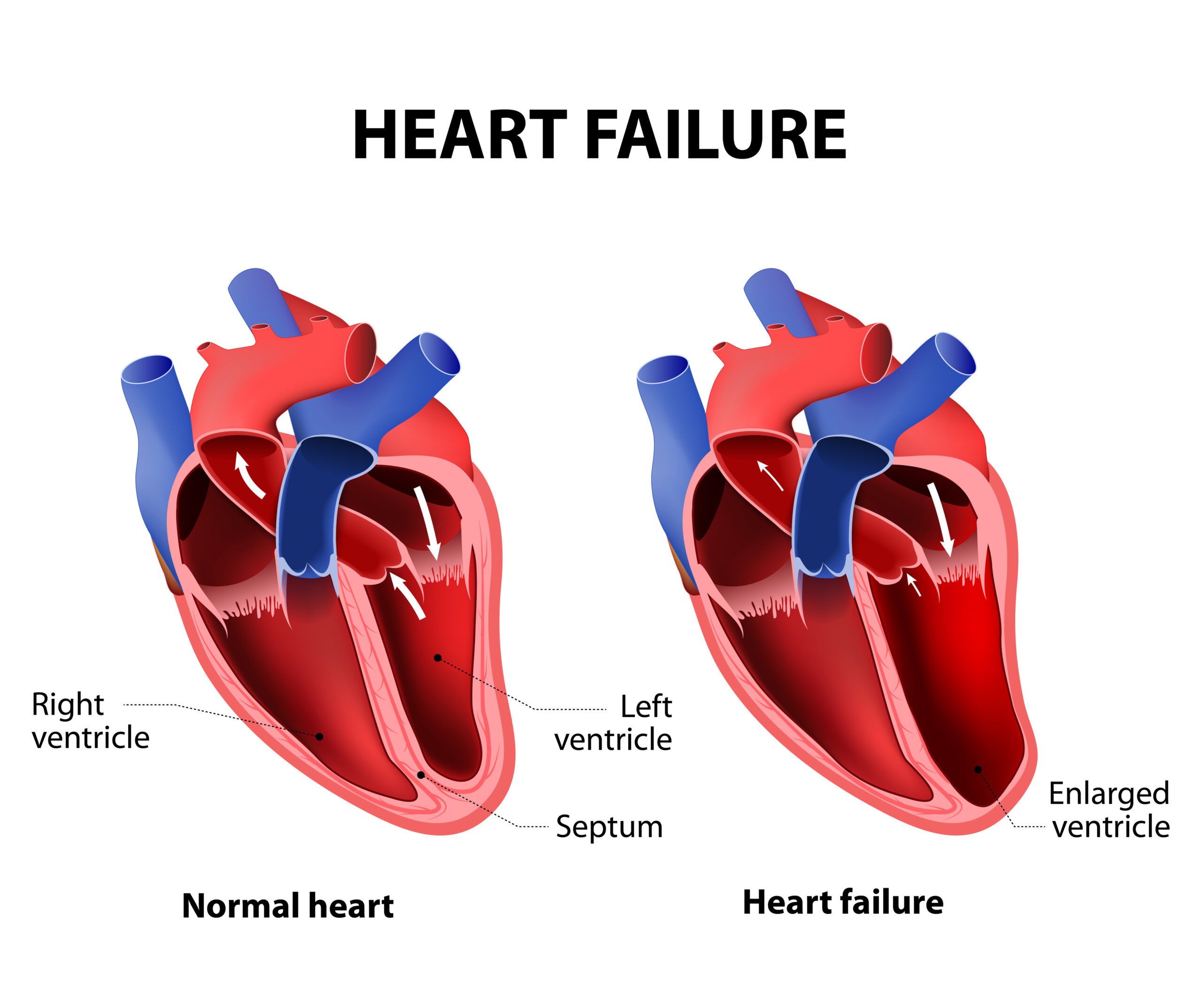
The most common causes of CHF are coronary artery disease, high blood pressure, diabetes, and obesity.
- left-sided heart failure causes fluid to back up into the lungs leading to shortness of breath
- right-sided heart failure causes fluid to back up into your abdomen, legs, and feet
- systolic heart failure is when the left ventricle cannot contract vigorously, indicating a pumping problem
- diastolic heart failure is when the left ventricle cannot fully relax to allow it to completely fill with blood
Symptoms of CHF include:
- shortness of breath,
- fatigue,
- swelling in the lower extremities,
- irregular heartbeat,
- reduced ability to exercise,
- persistent cough or wheezing,
- swelling of the abdomen,
- rapid weight gain from fluid retention,
- lack of appetite,
- decreased ability to concentrate,
- coughing up pink foamy mucus.
The standard measure of heart failure is the ejection fraction which is how much blood should be filling the ventricle with each heartbeat. The normal is 50-55%.
Renal Failure
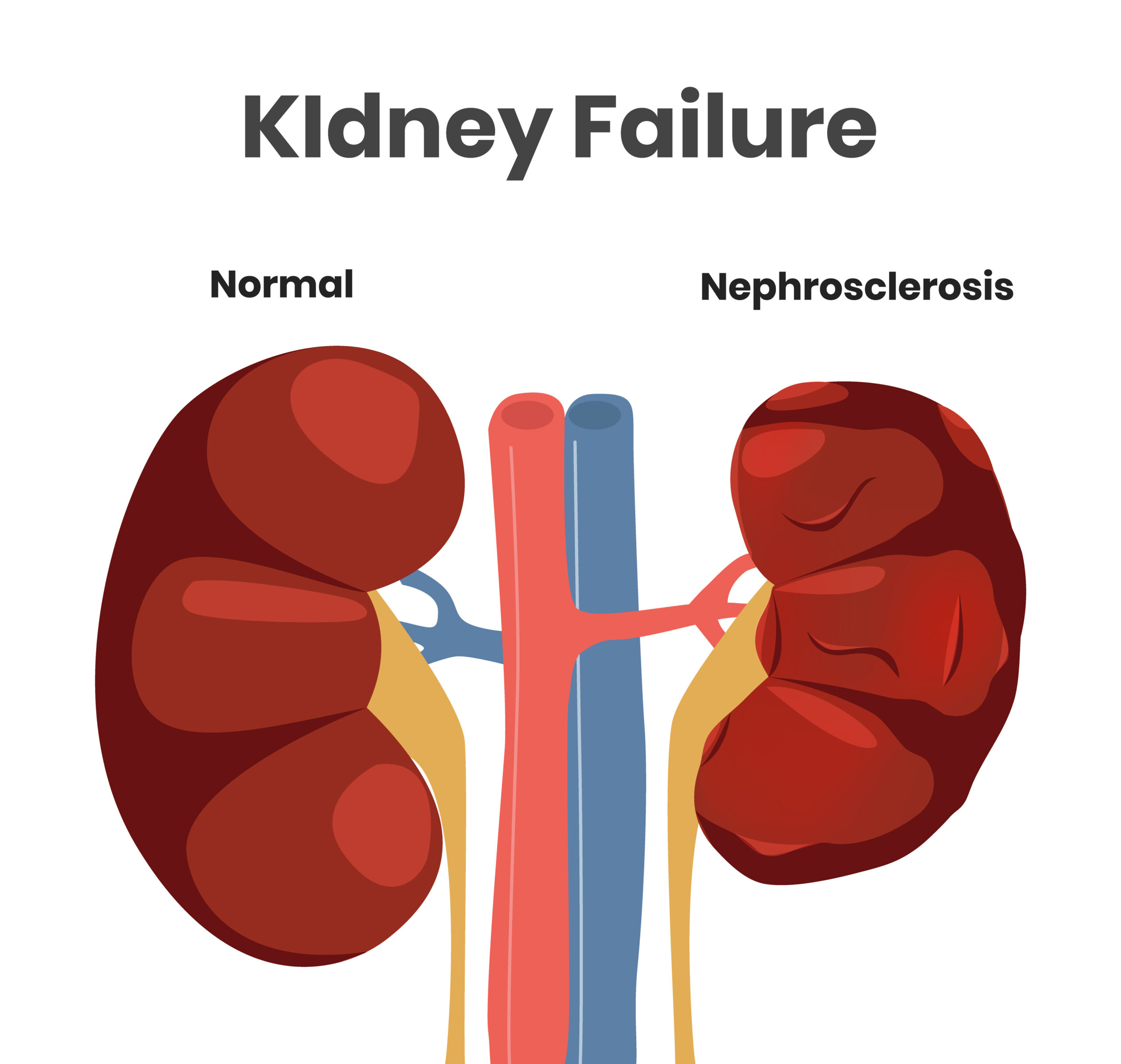
Kidneys filter waste from our bodies and excrete it as urine. When a person is in renal failure, their kidneys no longer function as they need to.
Kidneys may suddenly fail due to a heart attack, drug use, decreased blood flow to kidneys, or urinary tract problems. Renal failure is reversible.
Renal failure may be the result of ongoing damage to the kidneys due to diabetes or high blood pressure resulting in a need for lifetime dialysis or kidney transplant.
Symptoms of kidney failure include:
- abdominal pain
- diarrhea
- fever
- rash
- vomiting
There are five stages to renal failure with stage 1 being the least serious and stage 5 being the most severe. Dialysis is usually initiated at stage 4.
Respiratory Failure

If a person is in respiratory failure, the tiny air sacs within the lungs cannot properly exchange oxygen for carbon dioxide.
Too much carbon dioxide is called hypercarbic; too little oxygen is called hypoxic.
A person in respiratory failure may be placed on oxygen or may require more advanced treatment with mechanical ventilation.
Symptoms of respiratory failure include:
- blue lips or fingernails (cyanosis)
- feeling that you cannot take in enough air
- confusion
- irregular heartbeat
- rapid breathing or extremely slow breathing
- loss of consciousness
Diabetes Mellitus (DM)
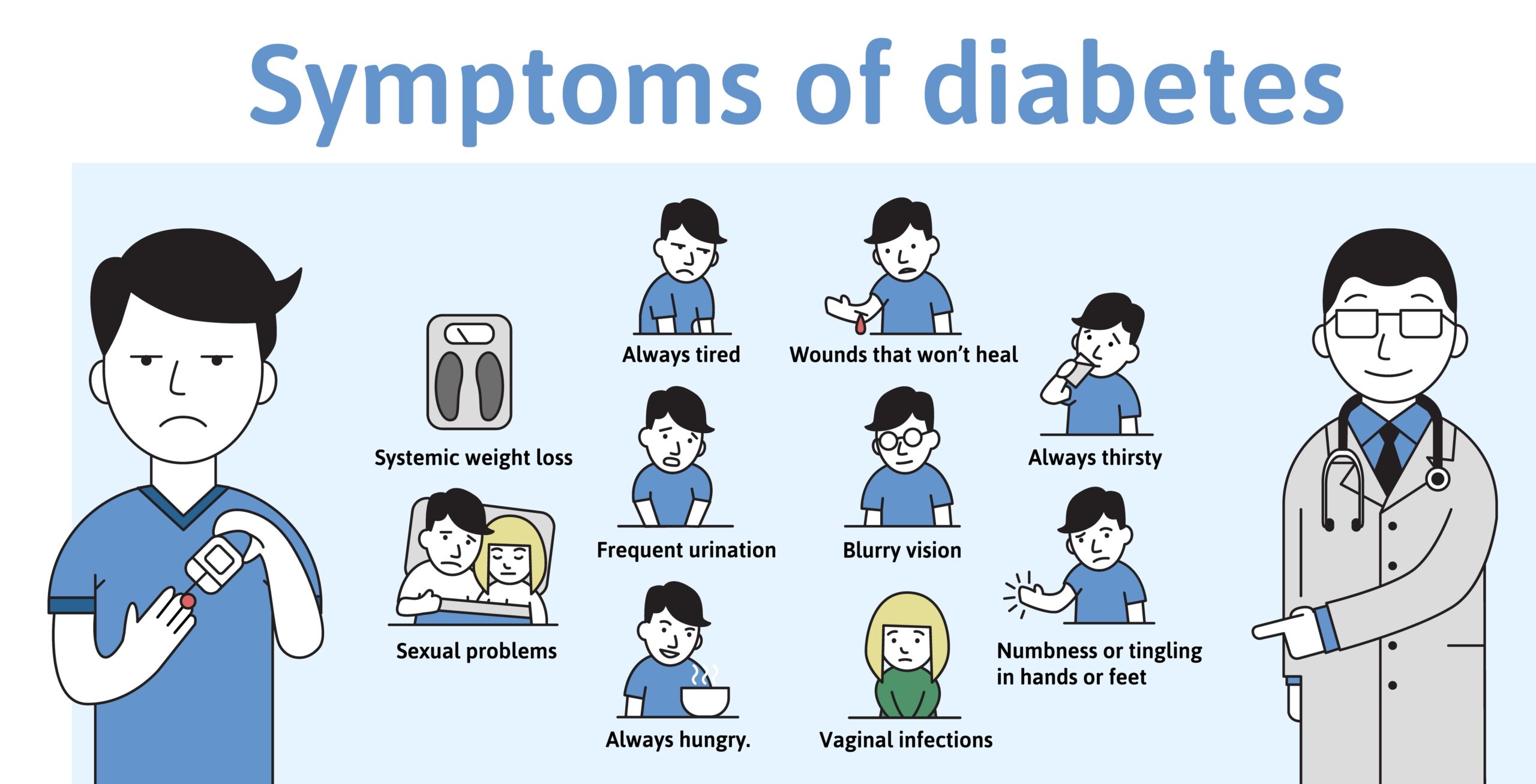
When a person has DM, the pancreas does not make any insulin or does not make enough insulin. The lack of insulin leads to an increase in glucose in the blood system.
Type one diabetes occurs when the immune system attacks the pancreas’s insulin-producing cells.
Type two diabetes occurs when the cells become resistant to the action of insulin and is strongly linked to obesity.
Diabetes has many complications such as:
- cardiovascular disease,
- nerve damage (neuropathy),
- kidney damage,
- damage to the blood vessels in the eyes leading to blindness,
- decreased blood flow to the lower extremities,
- skin infections, and
- depression.
Sepsis
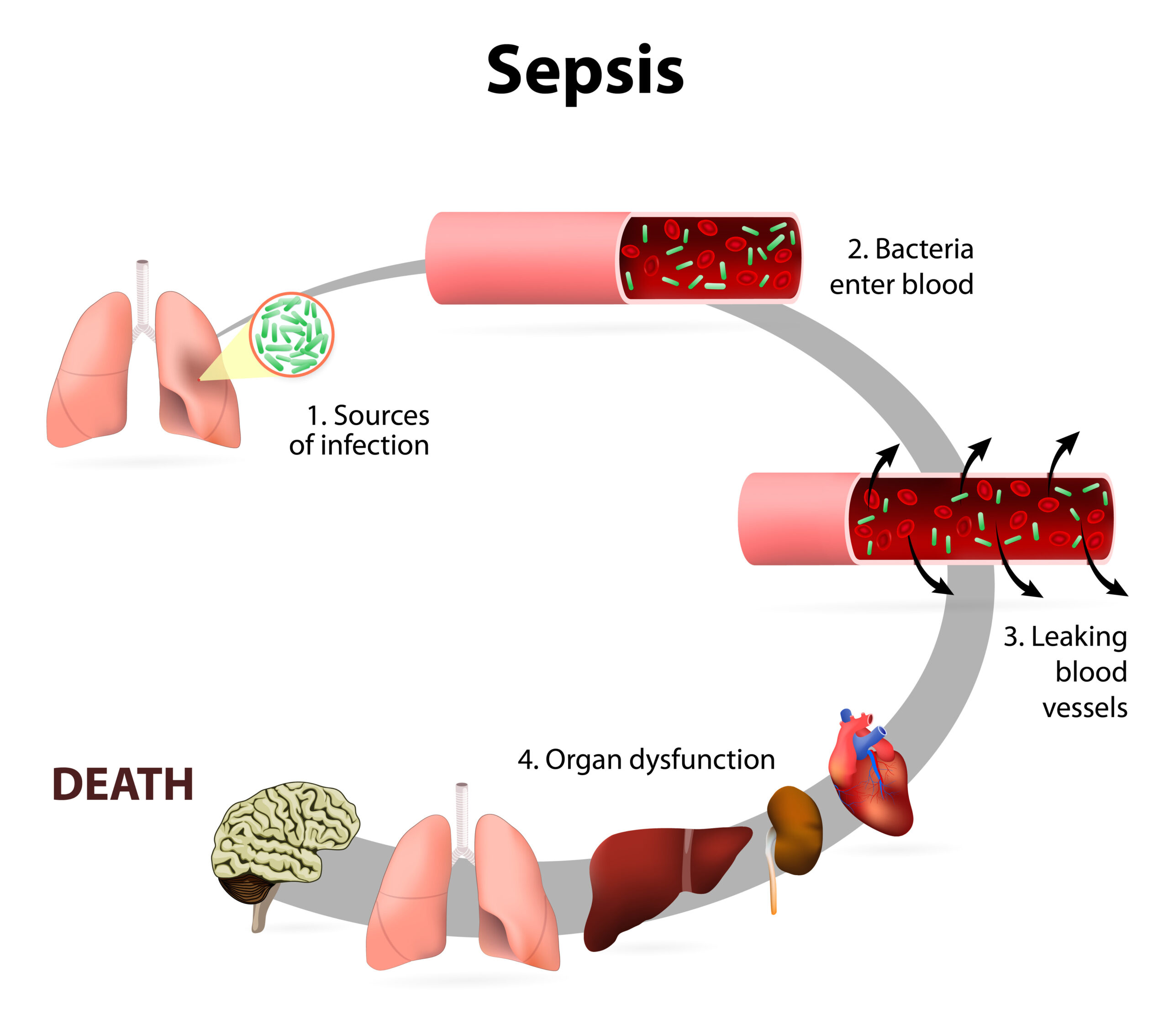
Sepsis is a life-threatening response to an infection resulting in a drop in blood pressure, and an increase in heart rate and body temperature.
The infection can progress to septic shock when medication is needed to maintain an adequate blood pressure (called pressors), and lab values show increased lactic acid.
Decreased blood pressure results in decreased blood flow to vital organs, leading to multi-system organ failure and death.
Myocardial Infarction (MI)
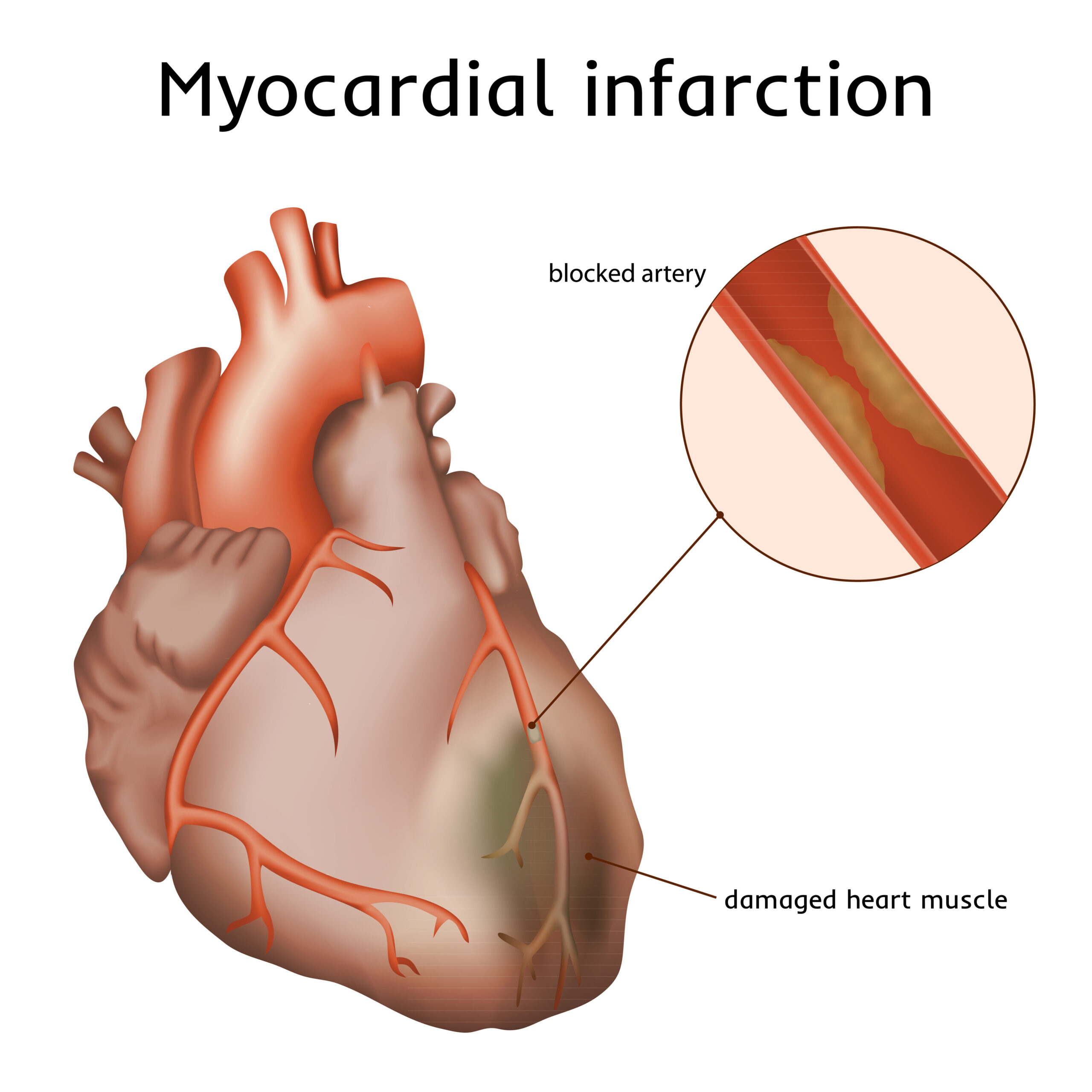
Commonly known as a heart attack; MI is the death of heart muscle due to decreased blood flow.
MI is usually caused by the buildup of fatty plaque within the arteries.
MI is treated with medication or may require Cardiac Cath Lab procedure to restore blood flow.
The goal of treatment is to restore blood flow and stop further damage.
Pneumonia
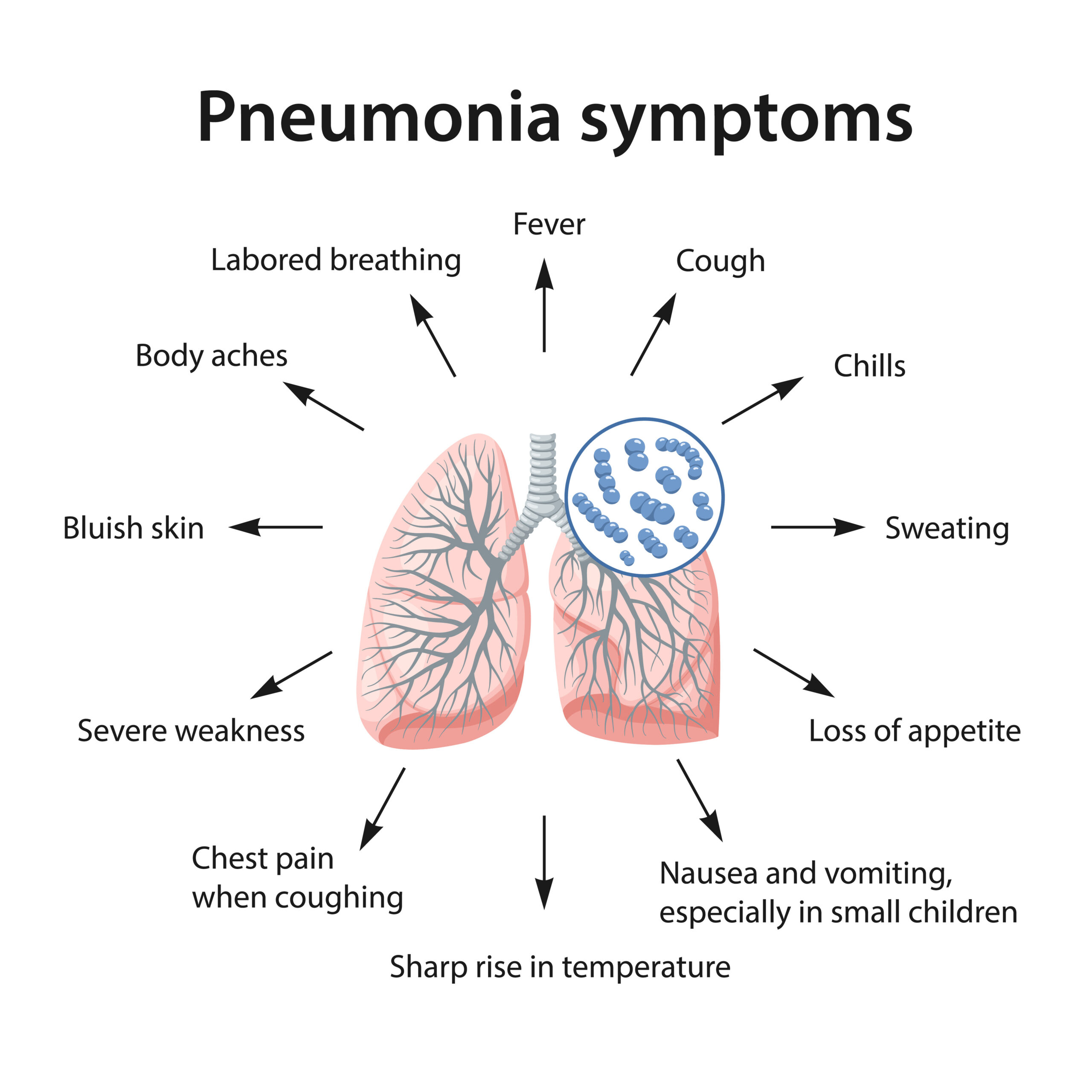
Pneumonia is an infection within the lung or lungs. Pneumonia can be caused by bacteria, viruses, or fungi.
Pneumonia is usually treated with antibiotics.
Aspiration Pneumonia occurs when food (a foreign object) enters the airway instead of the stomach due to difficulties with eating.
Symptoms of Pneumonia include:
- cough producing yellow or green sputum
- chills
- fever
- shortness of breath
- fatigue
Untreated Pneumonia may progress to sepsis in compromised individuals.
Stroke
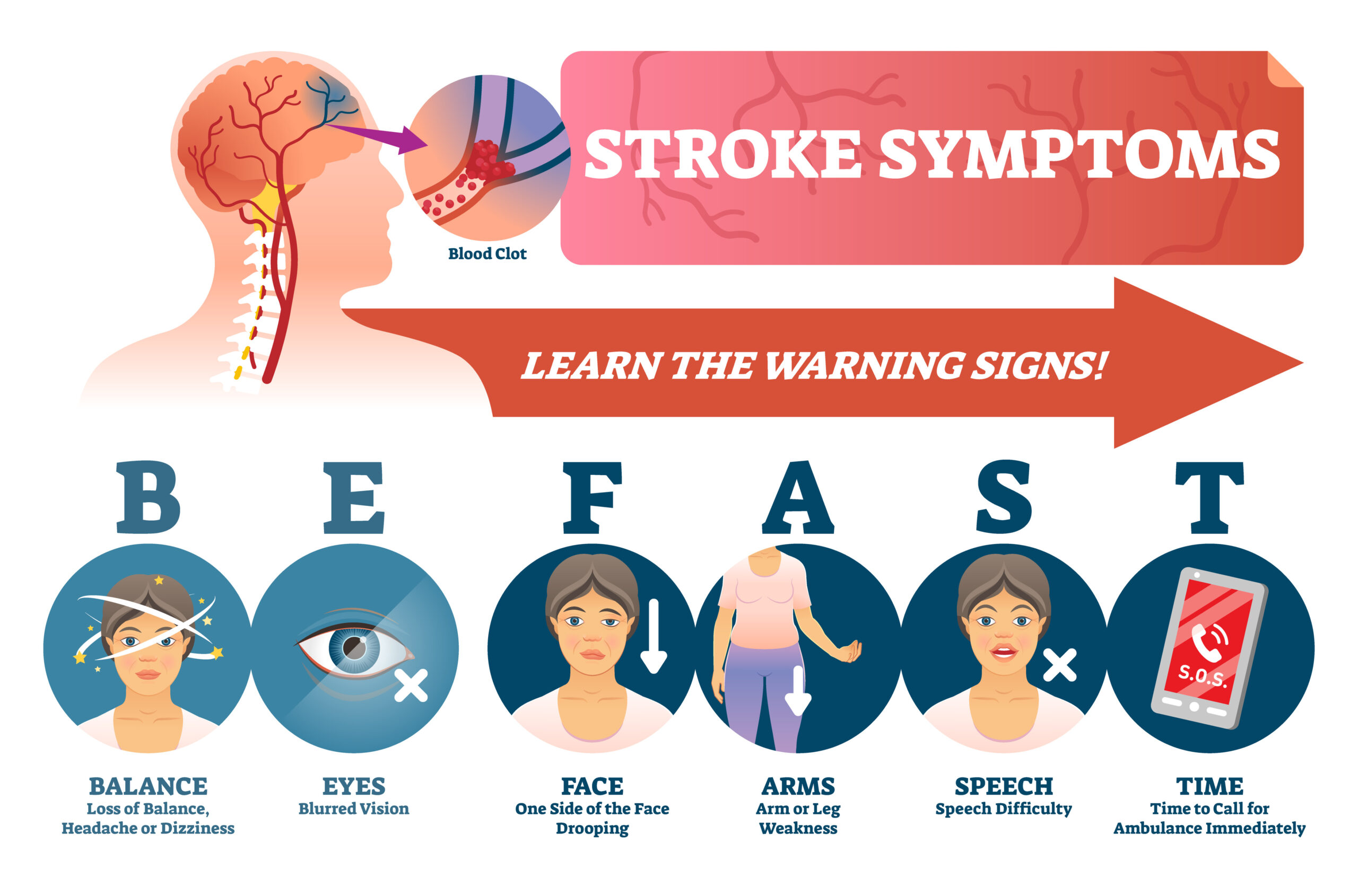
A stroke is interrupted or reduced blood flow depriving the brain of oxygen, leading to the death of brain tissue.
There are three different types of strokes:
- Ischemic Stroke is caused by a blocked artery (imagine a dried chunk of mud stuck inside a garden hose).
- Hemorrhagic Stroke is due to a weakened artery (aneurysm) leaking blood into the brain, causing pressure and damage to cells (imagine a garden hose that has been rubbed against concrete and becomes thin and leaky).
- Transient Ischemic Attack (mini-stroke) is a stroke that is usually caused by a blood clot that is short-lasting and does not leave lasting damage. They are considered a warning sign of a major stroke which usually occurs within a year if steps are not taken to prevent it.
Urinary Tract Infection (UTI)
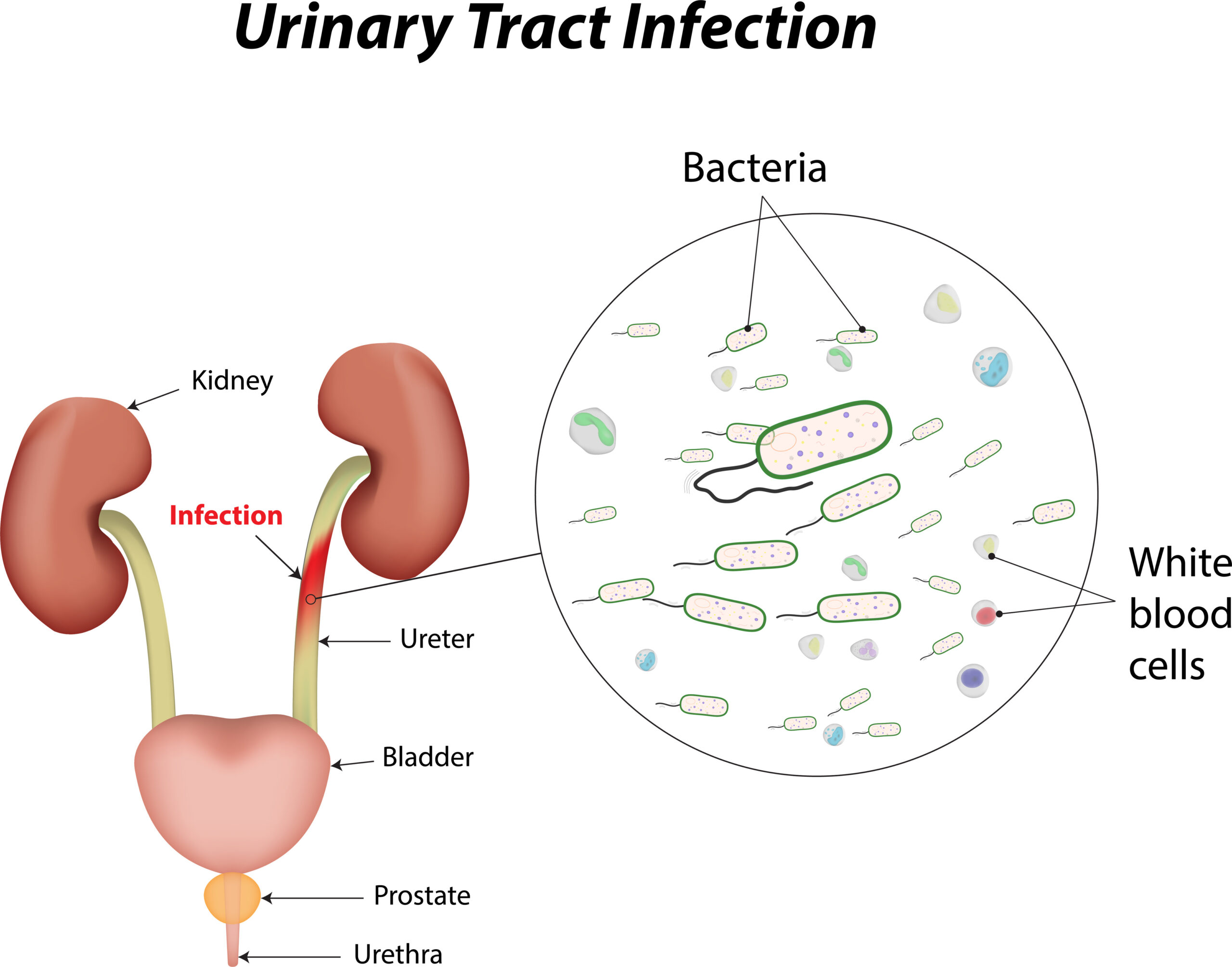
A UTI is an infection within the urinary system, including the kidneys, ureters, bladder, and urethra.
Females and the elderly are at greater risk for infection and complications. Females are at greater risk due to their anatomy. Elderly people have a decline in function and bodily changes that occur as we age.
Classic symptoms of UTI may include:
- urinary urgency
- pelvic pain
- frequent urination
- burning with urination
- fever
- chills
- abnormal color or smell of urine
Symptoms of UTI in the elderly population may include:
- incontinence
- agitation
- lethargy
- falls
- urinary retention
- decreased mobility
- decreased appetite
As the infection progresses it may also include fever, flushed skin, back pain, nausea, or vomiting.
An untreated UTI in an elderly individual can lead to a life-threatening blood infection, multiple organ failure, and death.
How can they be prevented?
- increase water intake
- change incontinence pads/briefs frequently
- avoid bladder irritants such as caffeine or alcohol
- keep genitalia clean by wiping front to back
- go to the bathroom when the urge hits rather than holding it
Lesson 2: Determining Match Amounts
Lesson 1: Funding Resources

Carla: ” I’m curious what resources the Council has for funding. Let’s take a look below to explore Council resources and get more information about funding.”
What are our resources?
The foundational resources for Council staff include:
PL 106-402DD
Act §126 Federal and Non-Federal Share- Federal law and provides information for the Council grant award on the Federal and non-federal share.
45 CFR 75 Subpart D
Post federal award requirements §75.306 Cost sharing or matching.
Notice of Award (NOA)
Provides information in the terms and conditions and remarks section, or any other attachments or enclosures.

Carla: “Funding for the DD Council comes with match requirements. Select “Mark Complete” below to learn more.”
Start Here- Introduction & Contact Information
Course Overview:
Welcome! This course provides general information on the statutory and regulatory guidelines for State Councils on Developmental Disabilities. We will explore the following:
- What are our funding resources?
- How do I determine the match amount for a project?
- What documentation & reporting is required?
Course Objectives:
In this course you will:
- Determine match amounts for projects that require a match for federal funding.
- Demonstrate knowledge of documentation and reporting requirements.
Lesson 3: Highlighted Items of Cost
Jake: At one time, I had many questions about travel, meeting costs, and meals. A colleague discussed highlighted items of cost with me.”
Let’s discover some of the details about highlighted items of cost.
Click on the topics below to begin learning.
Lesson
Lesson 2: The Four Tests
Reference – 45 CFR 75; §75.403 Factors affecting allowability of costs
Let us turn our attention to the four tests used in determining the allowability of costs. This is important because proper use of federal funds is required by law. As a recipient of federal funds, you are responsible for knowing the requirements, and if you serve as a pass-through entity, you are also responsible for ensuring any sub-recipient is aware of the requirements. Another key factor is the responsibility for monitoring the use of funds to determine if budget expenditures are allowable, allocable, reasonable, and consistent.
How budget expenditures are determined
- Allowable (Conformance): Expenditure is permitted and not specifically prohibited
- Allocable: Traceable to specific activities of the grant project
- Reasonable: Cost that would be incurred by a prudent person; necessary for the grant’s performance
- Consistent: Assignment of costs to cost objectives
Click on the first topic below to continue


